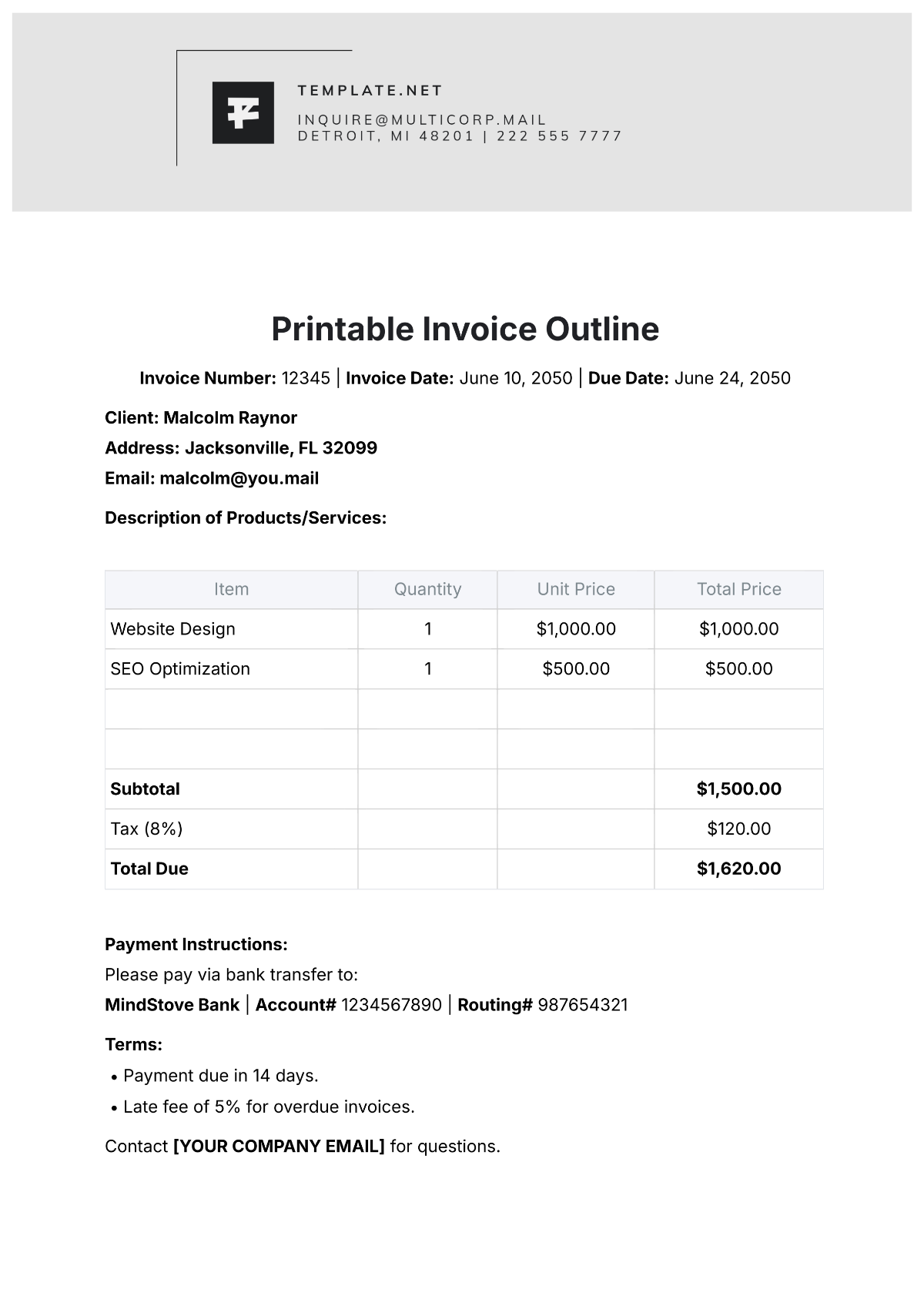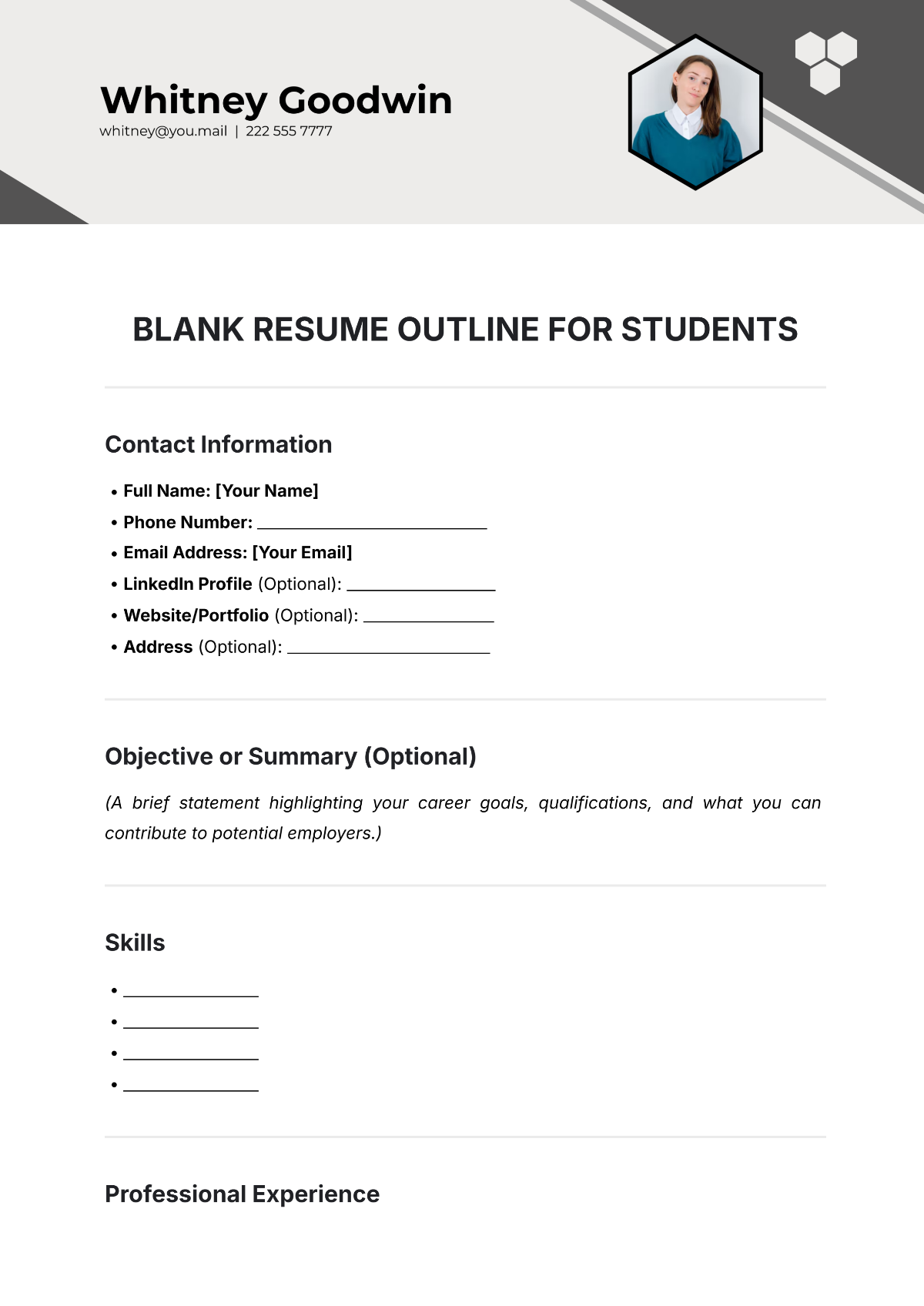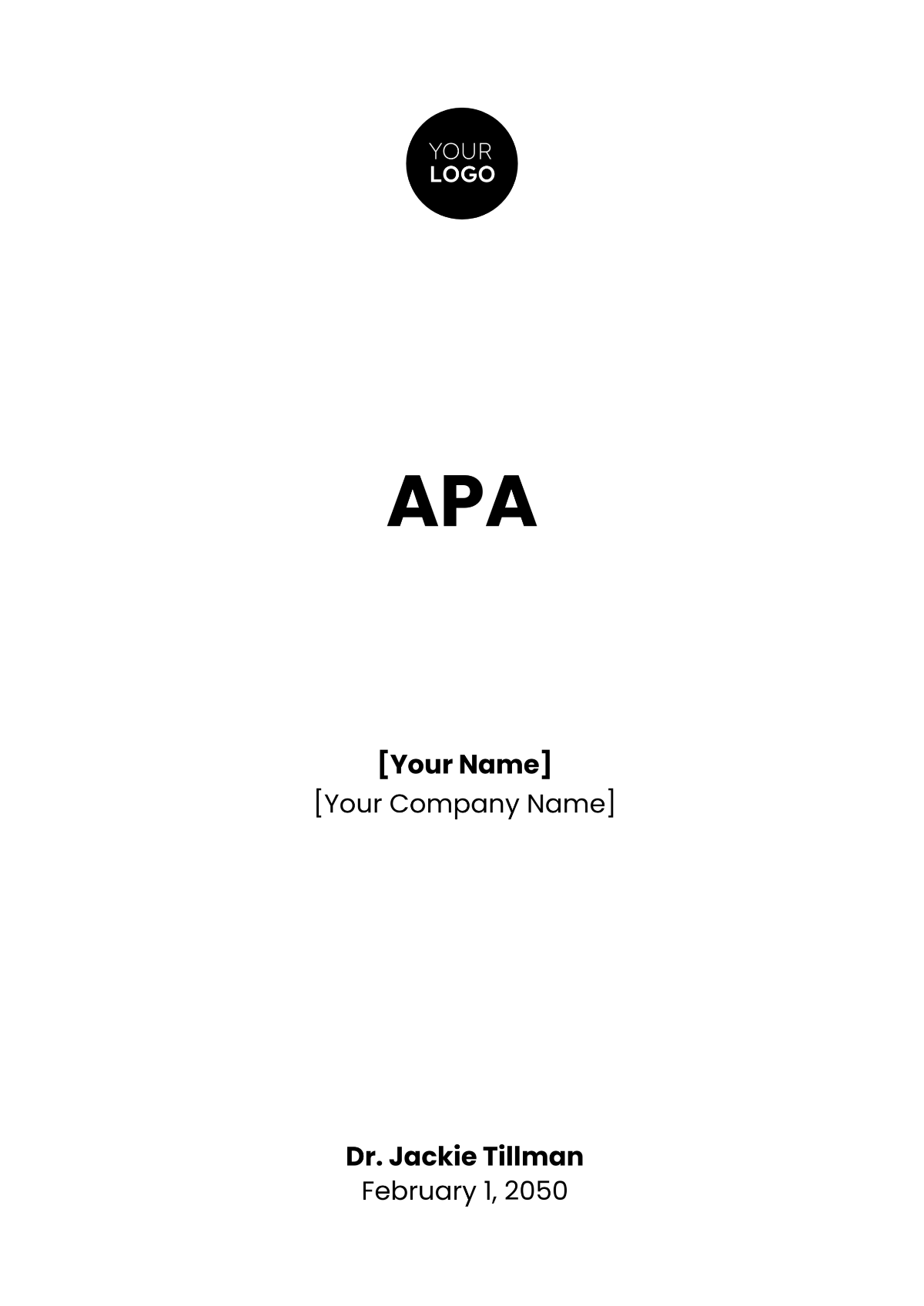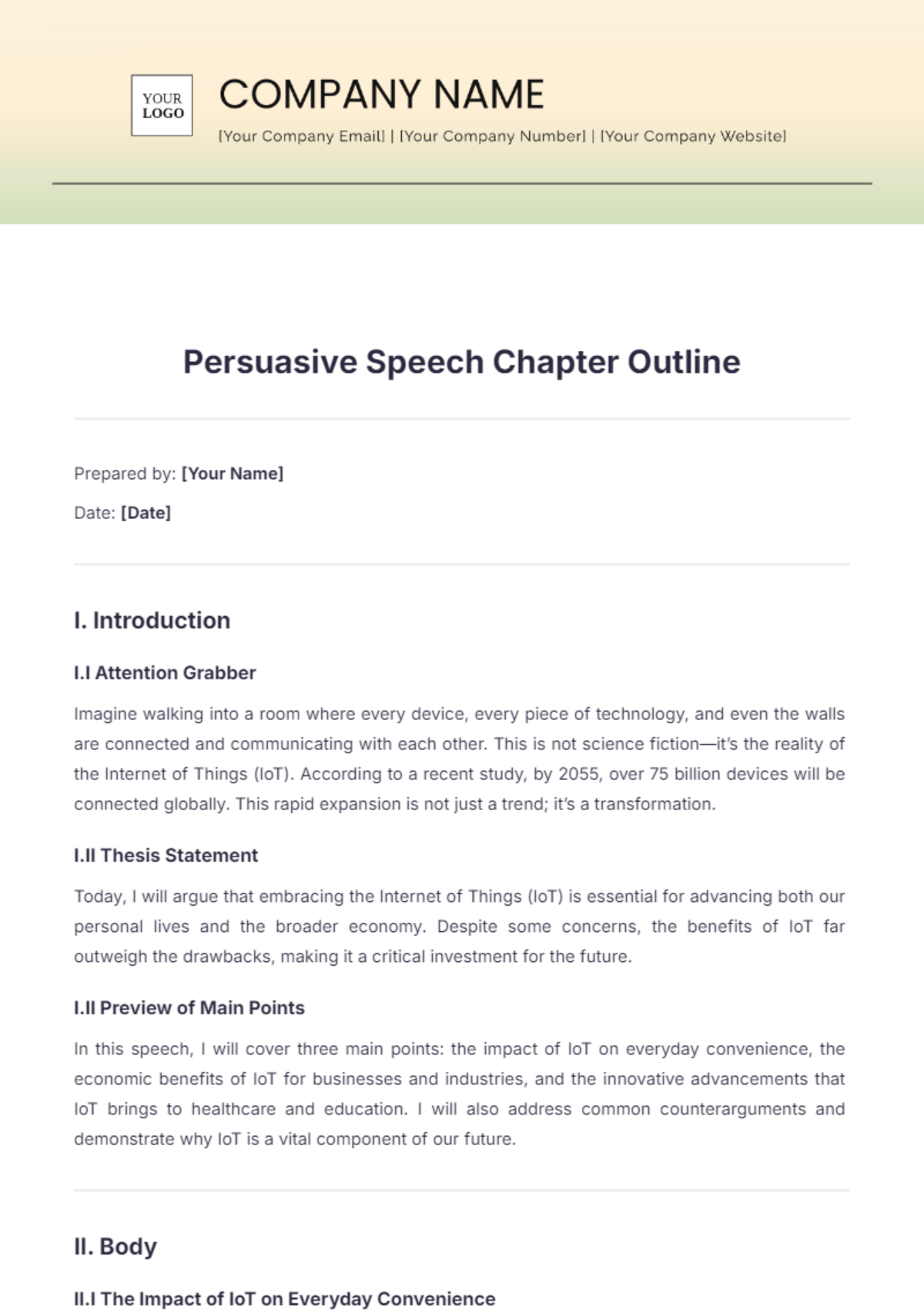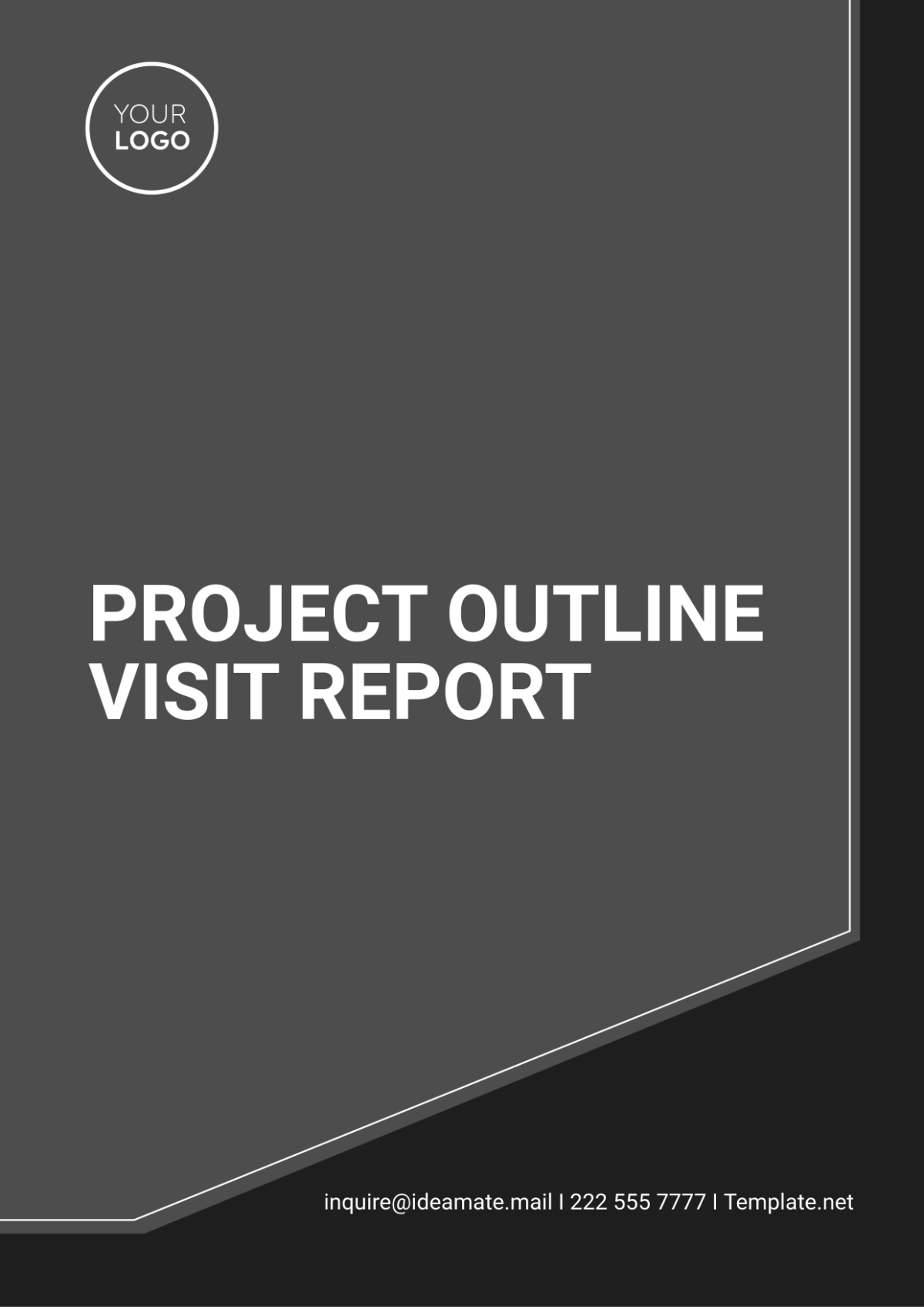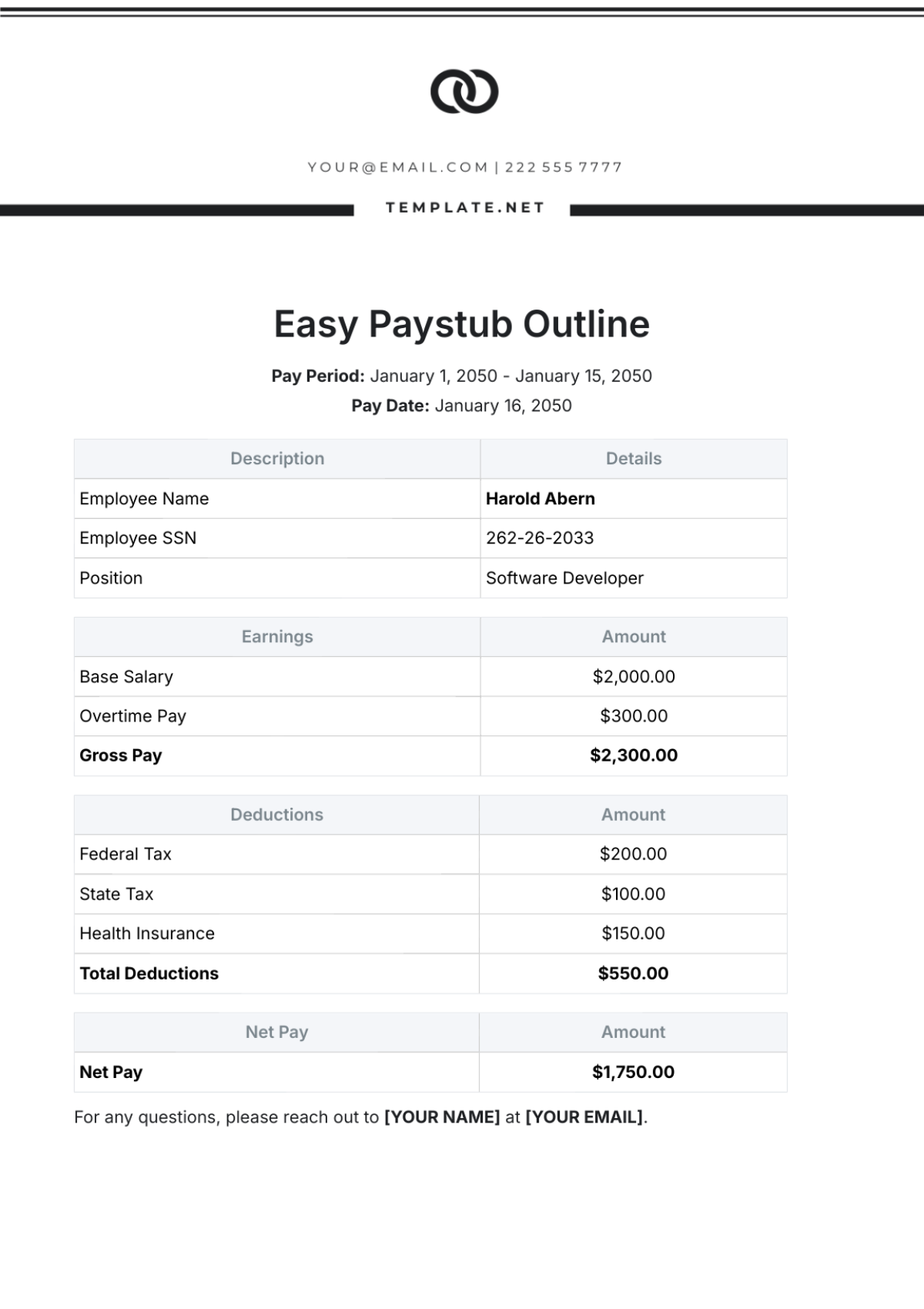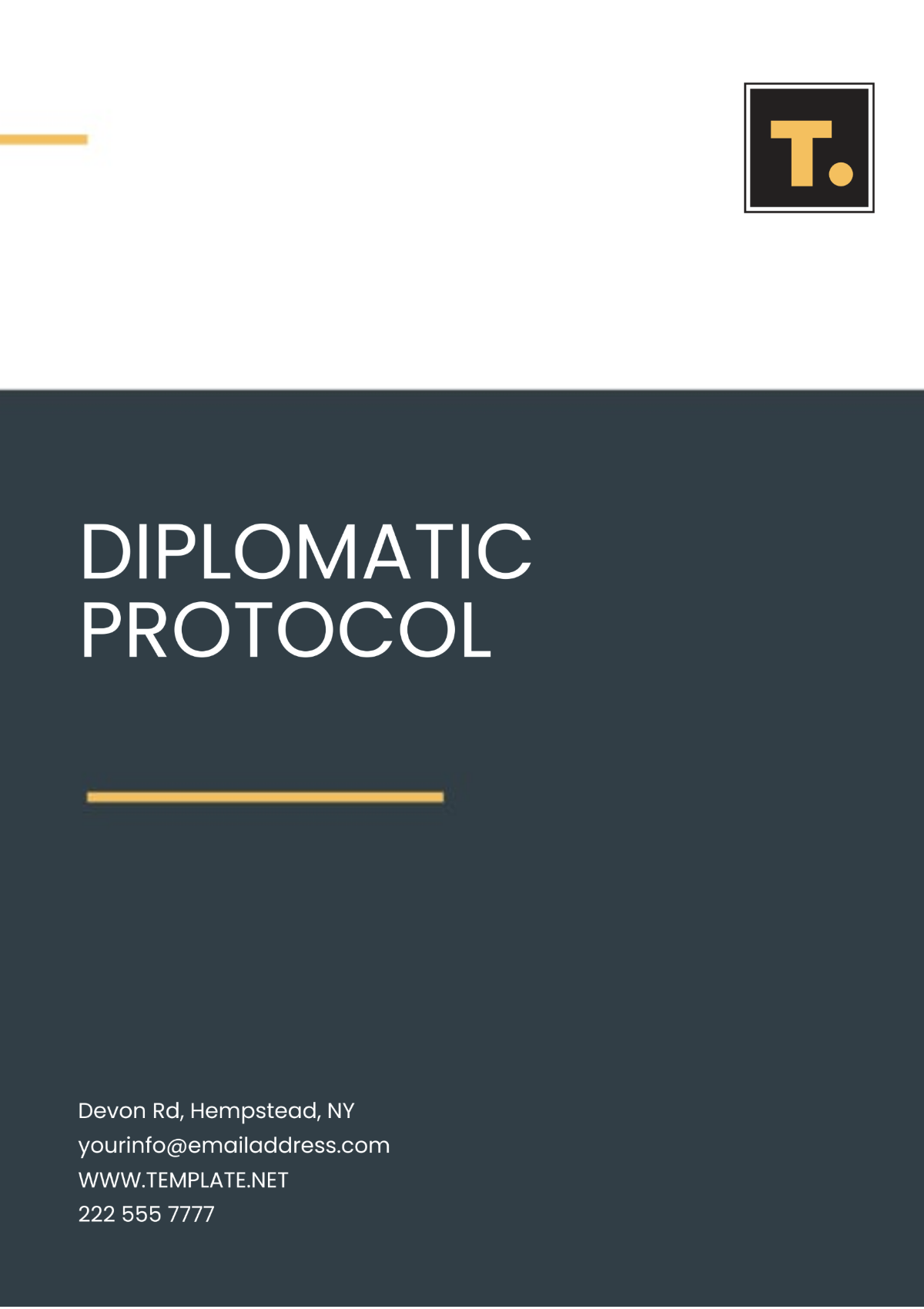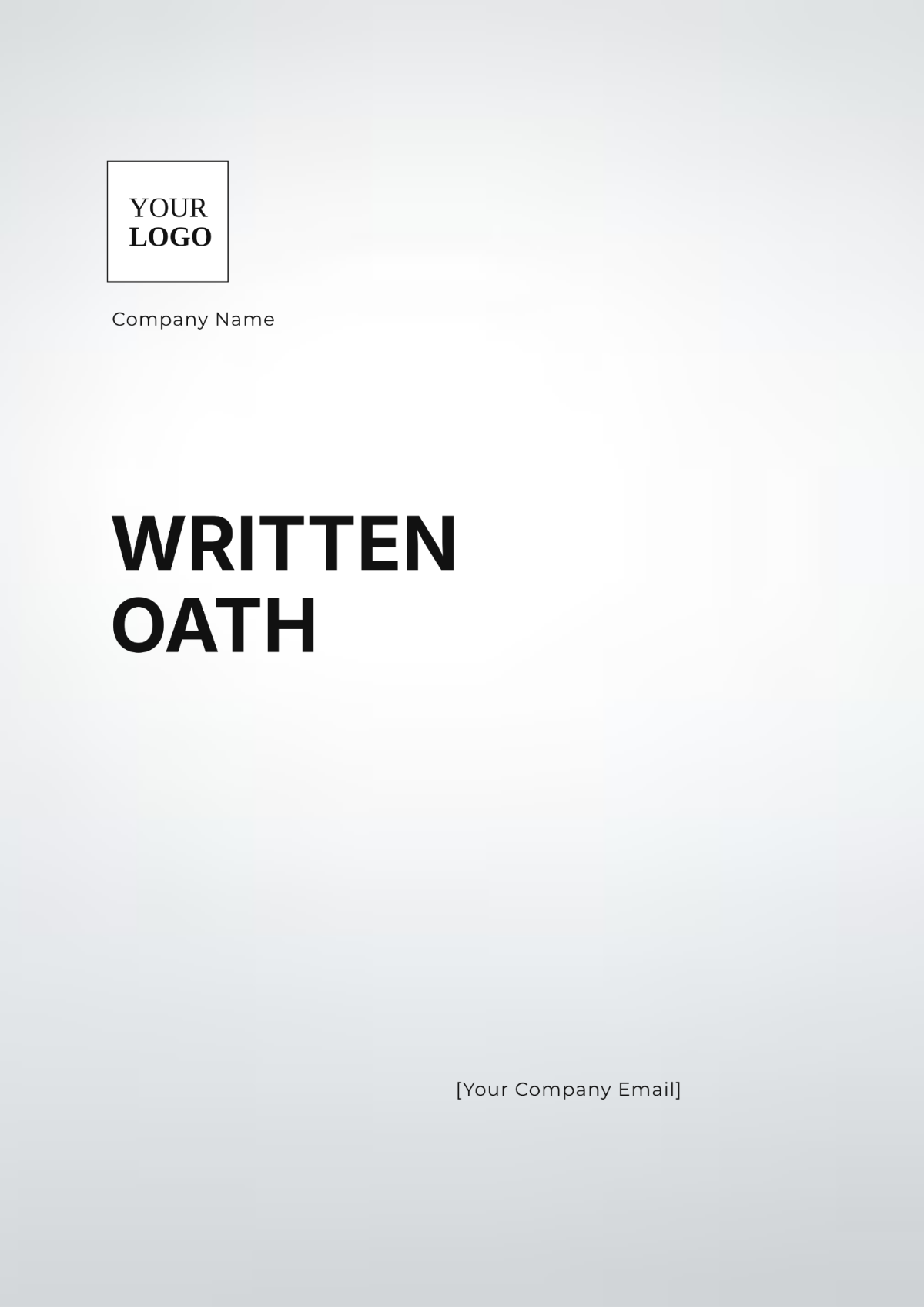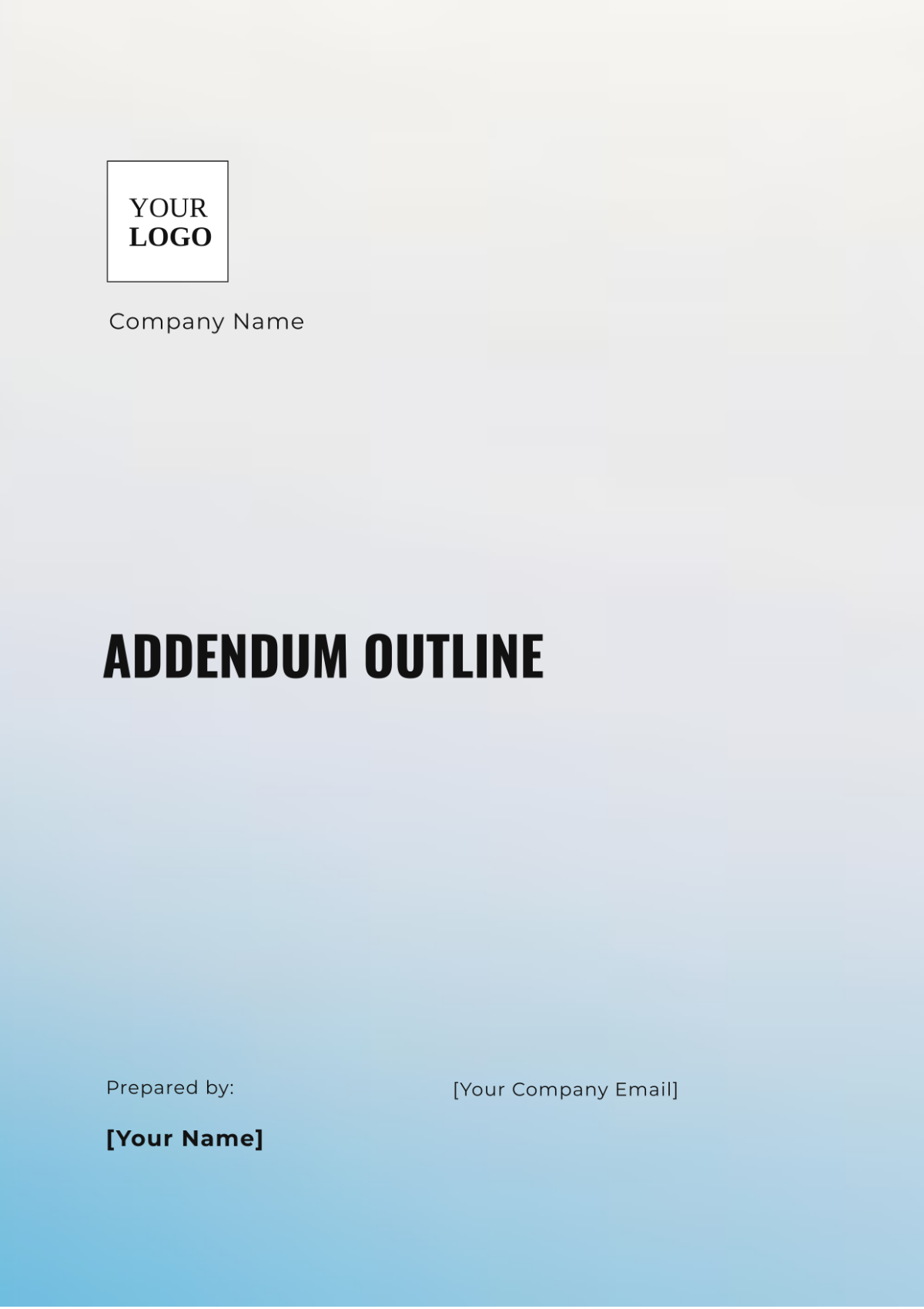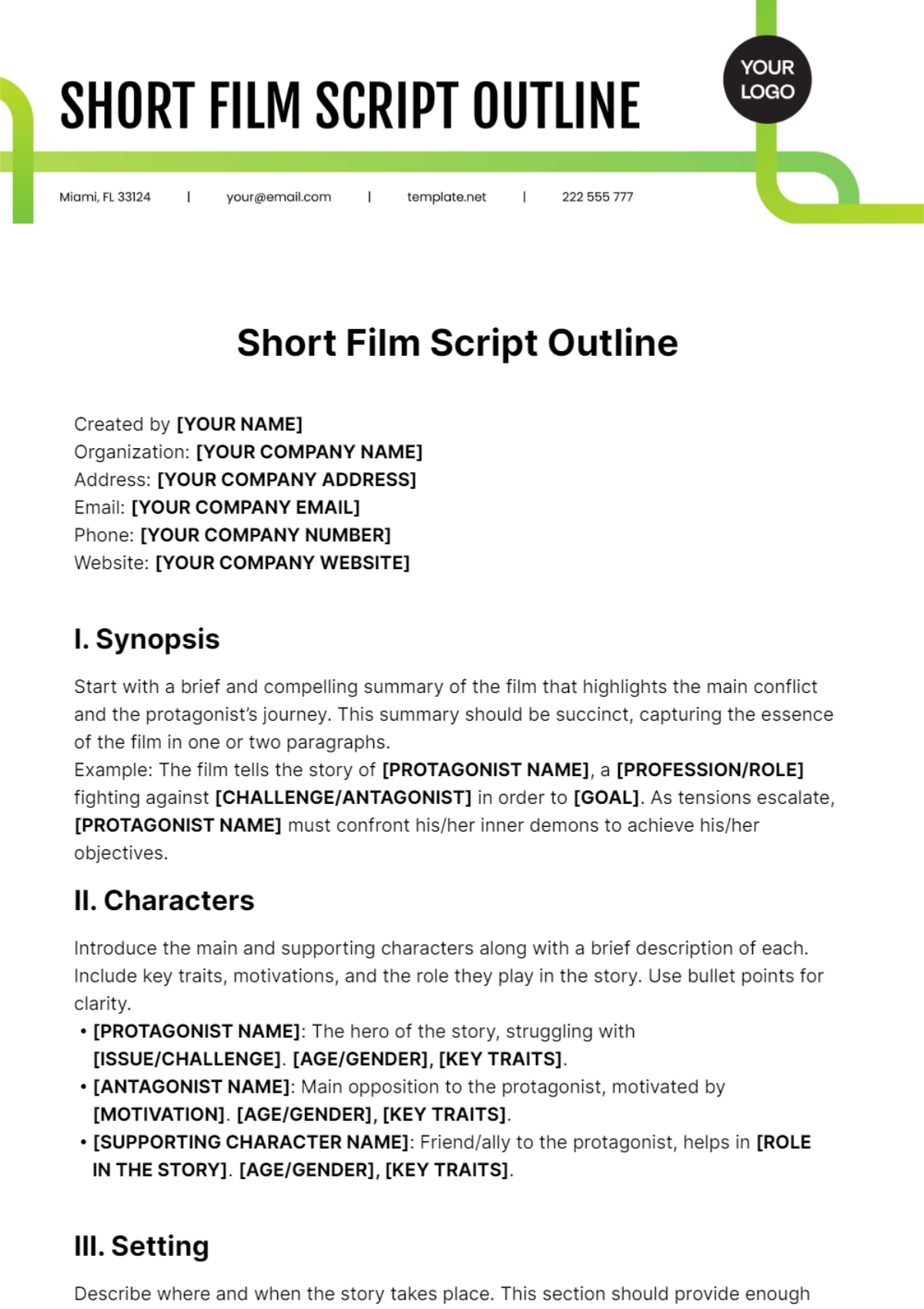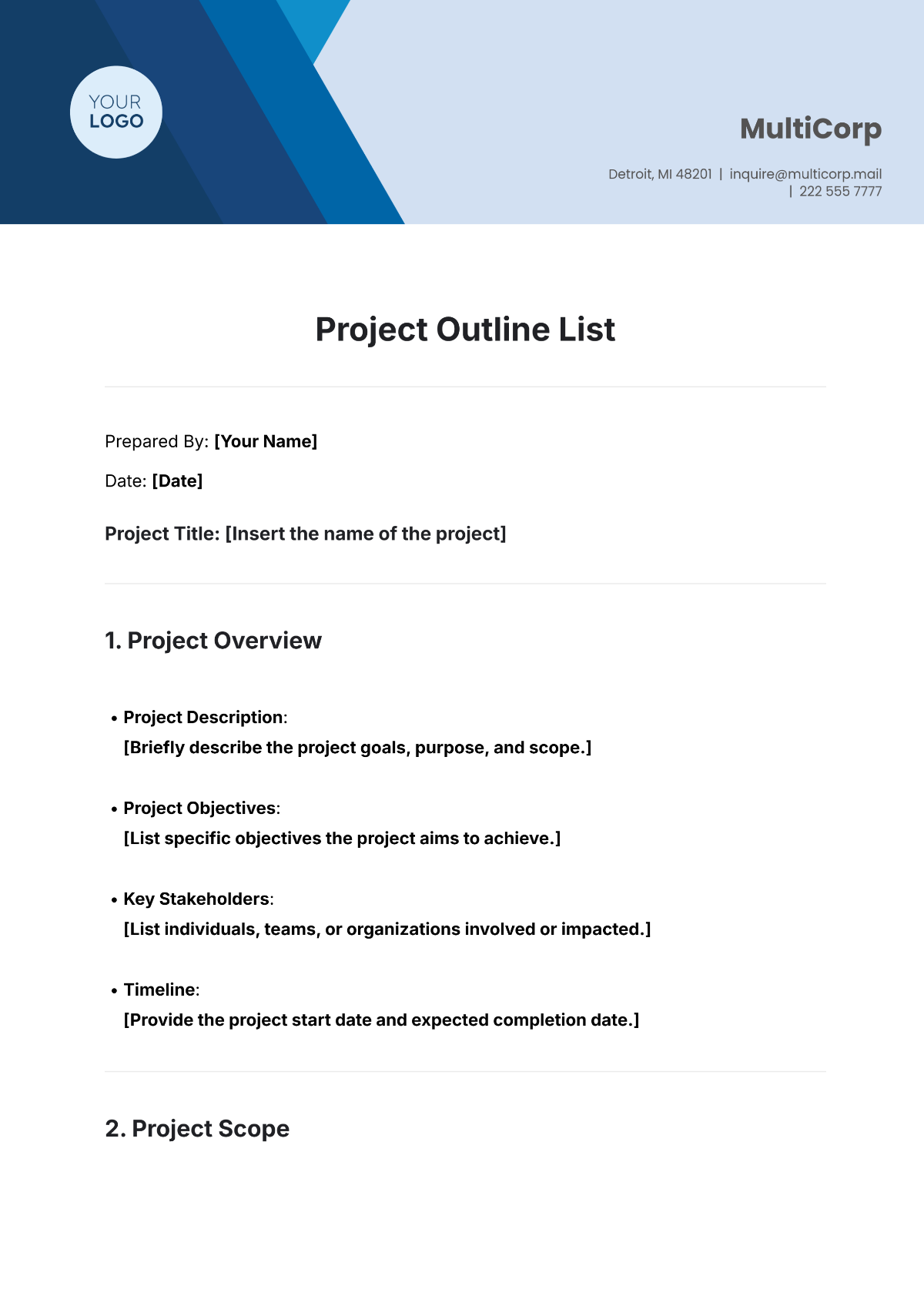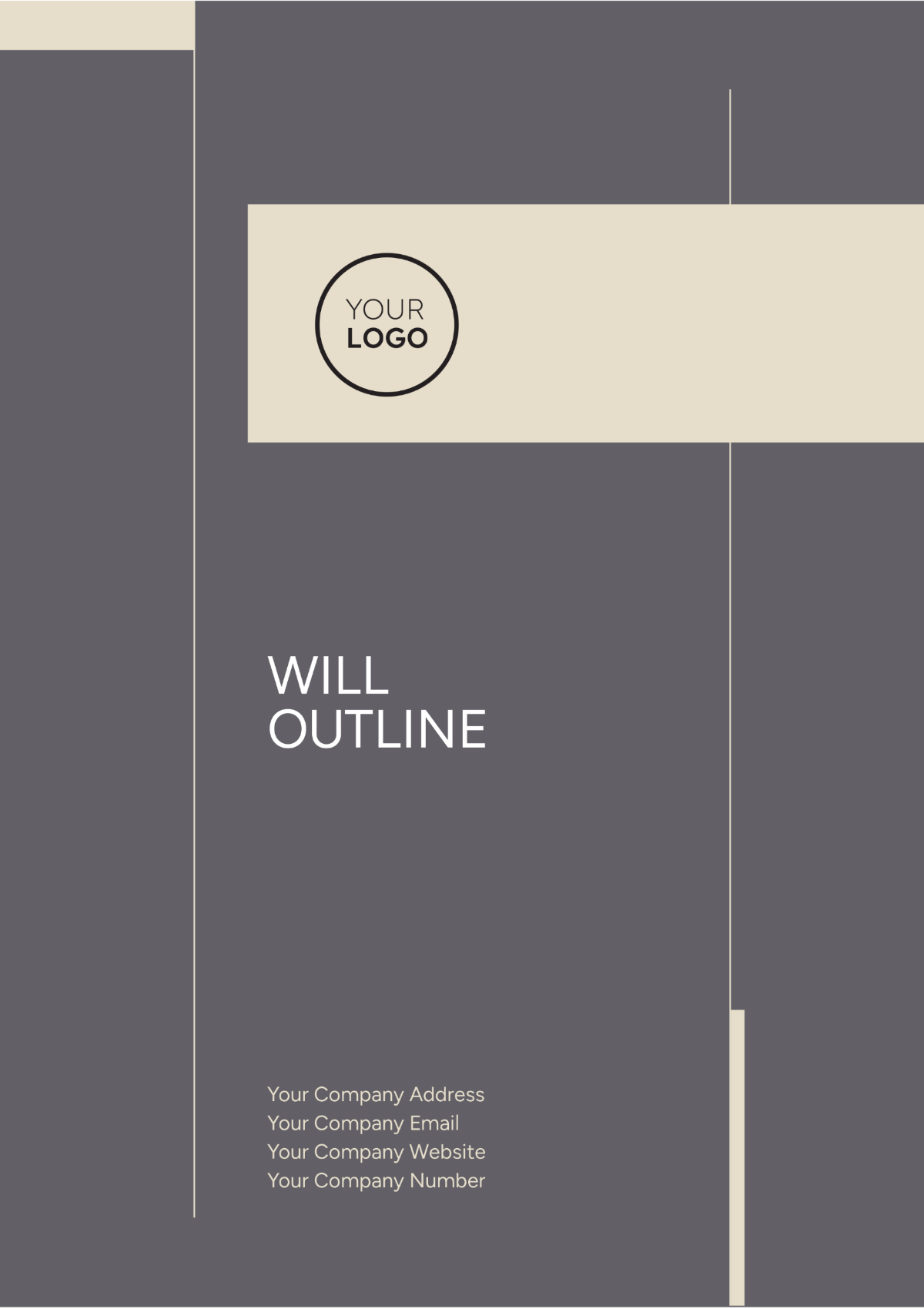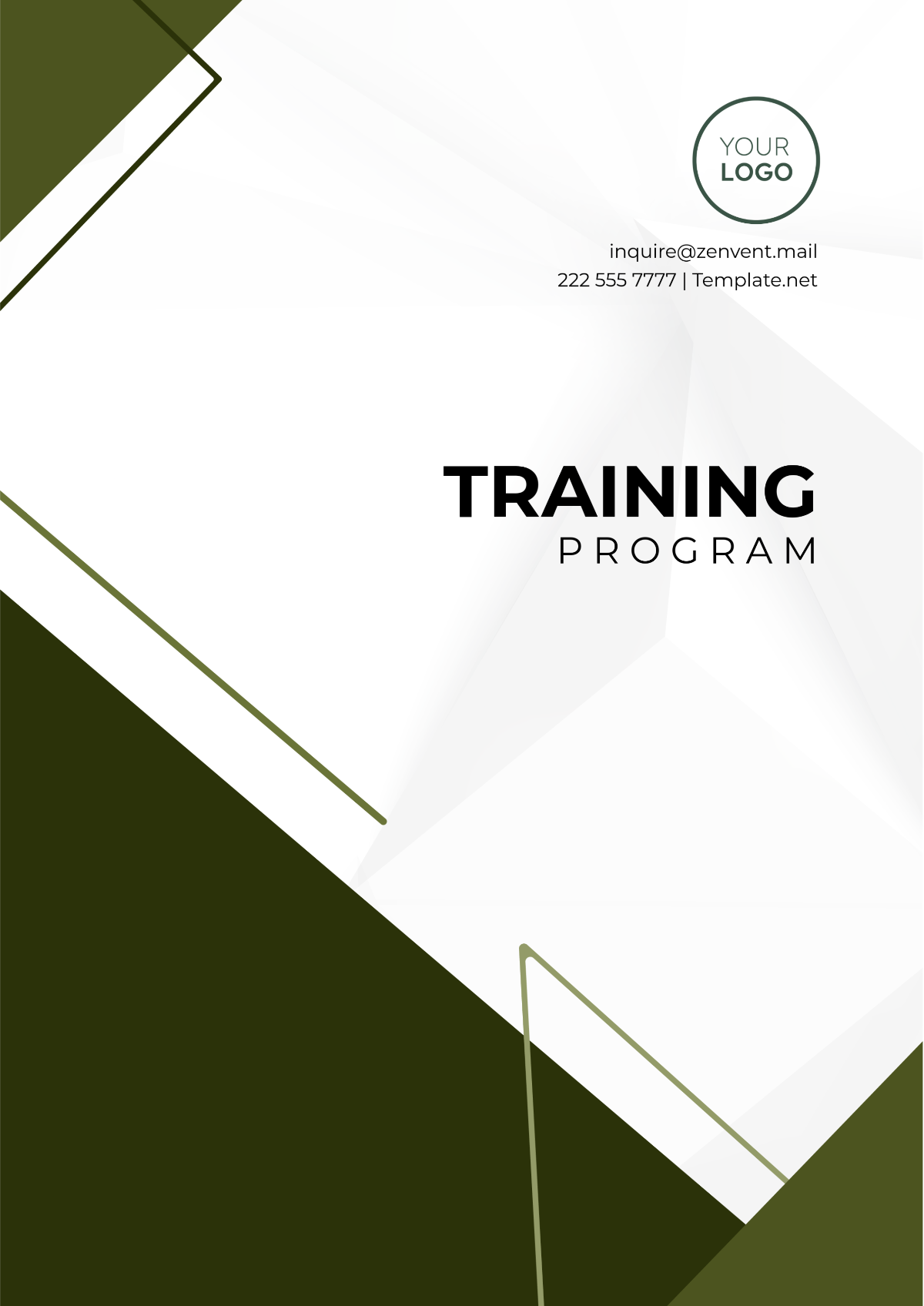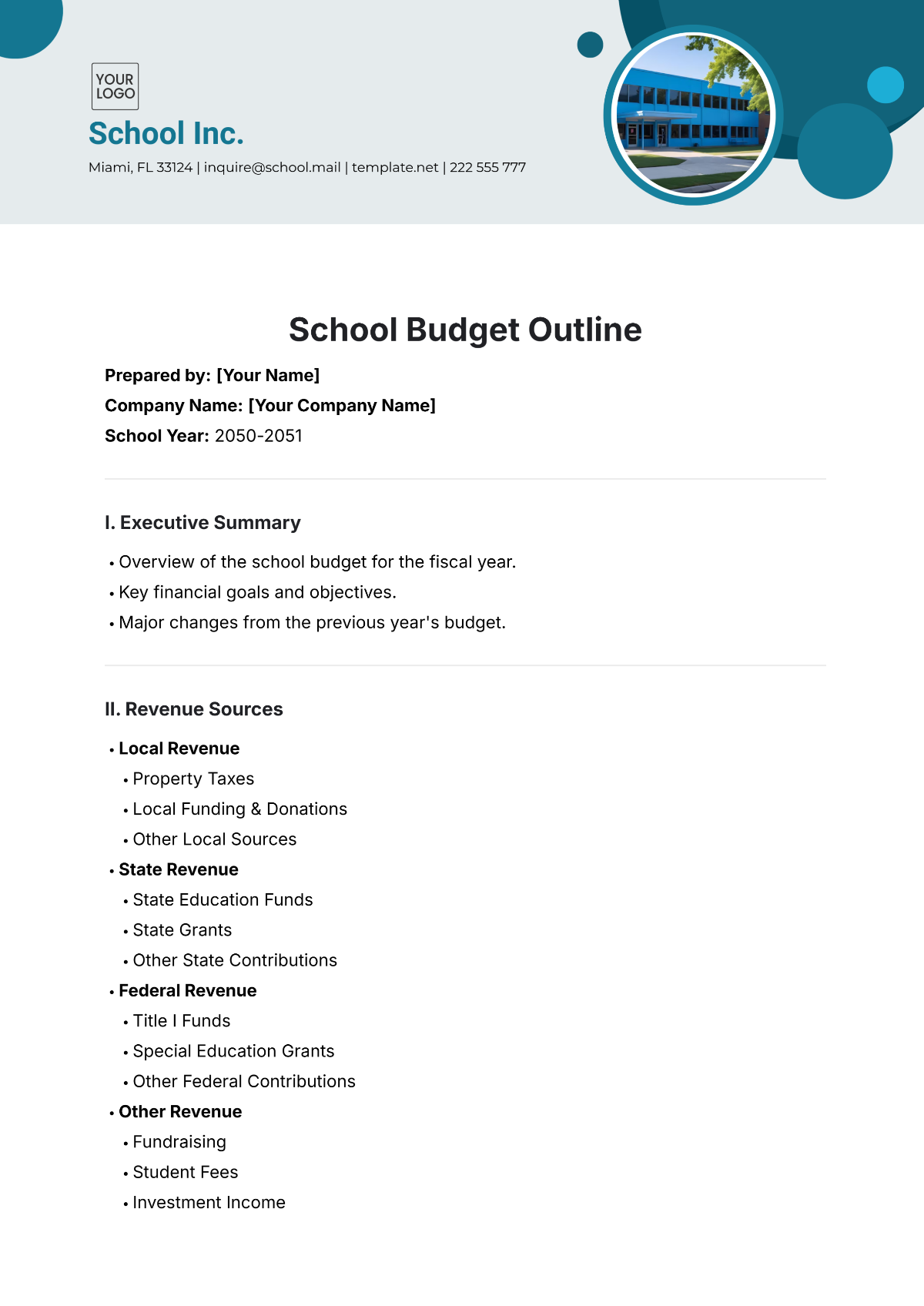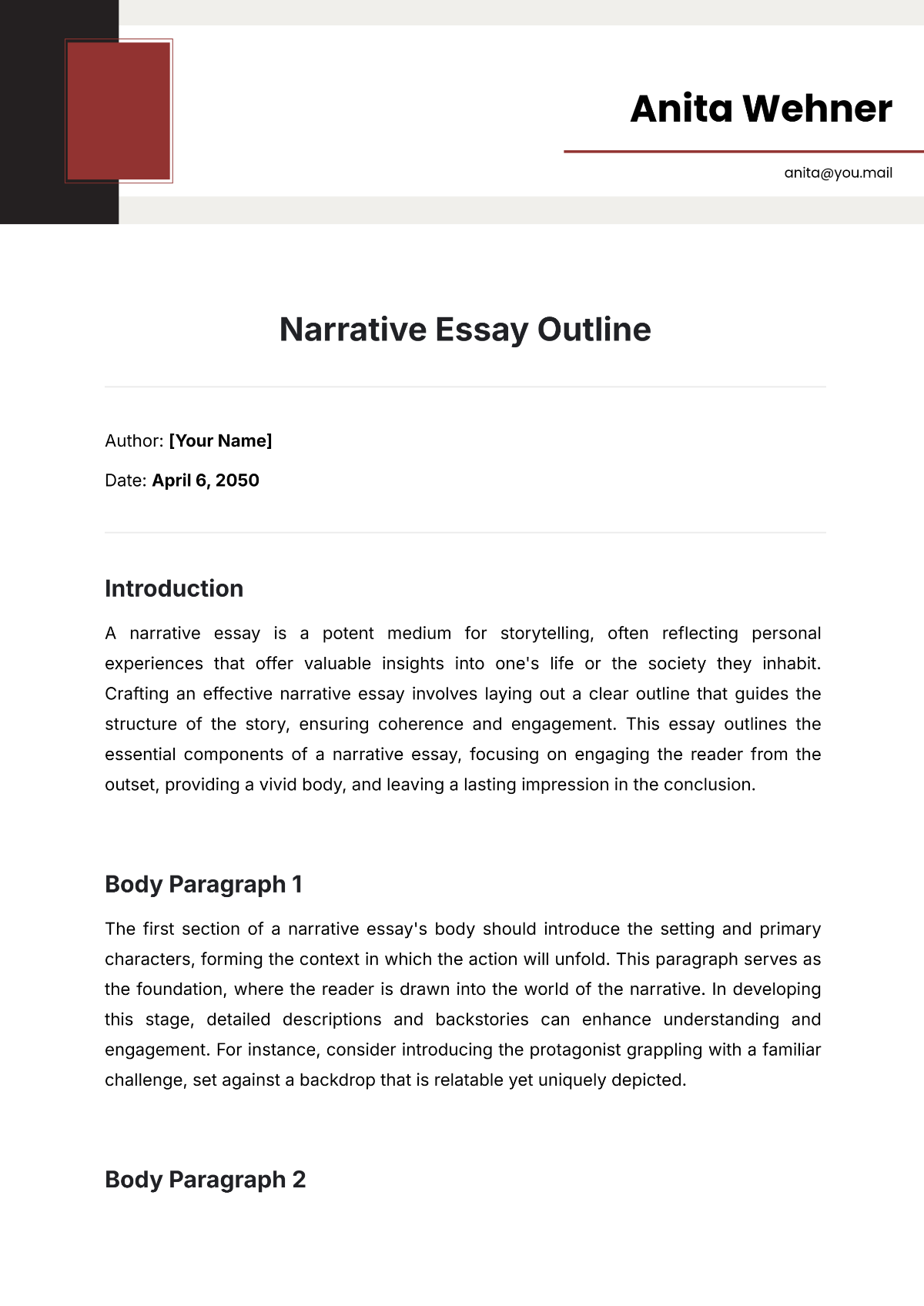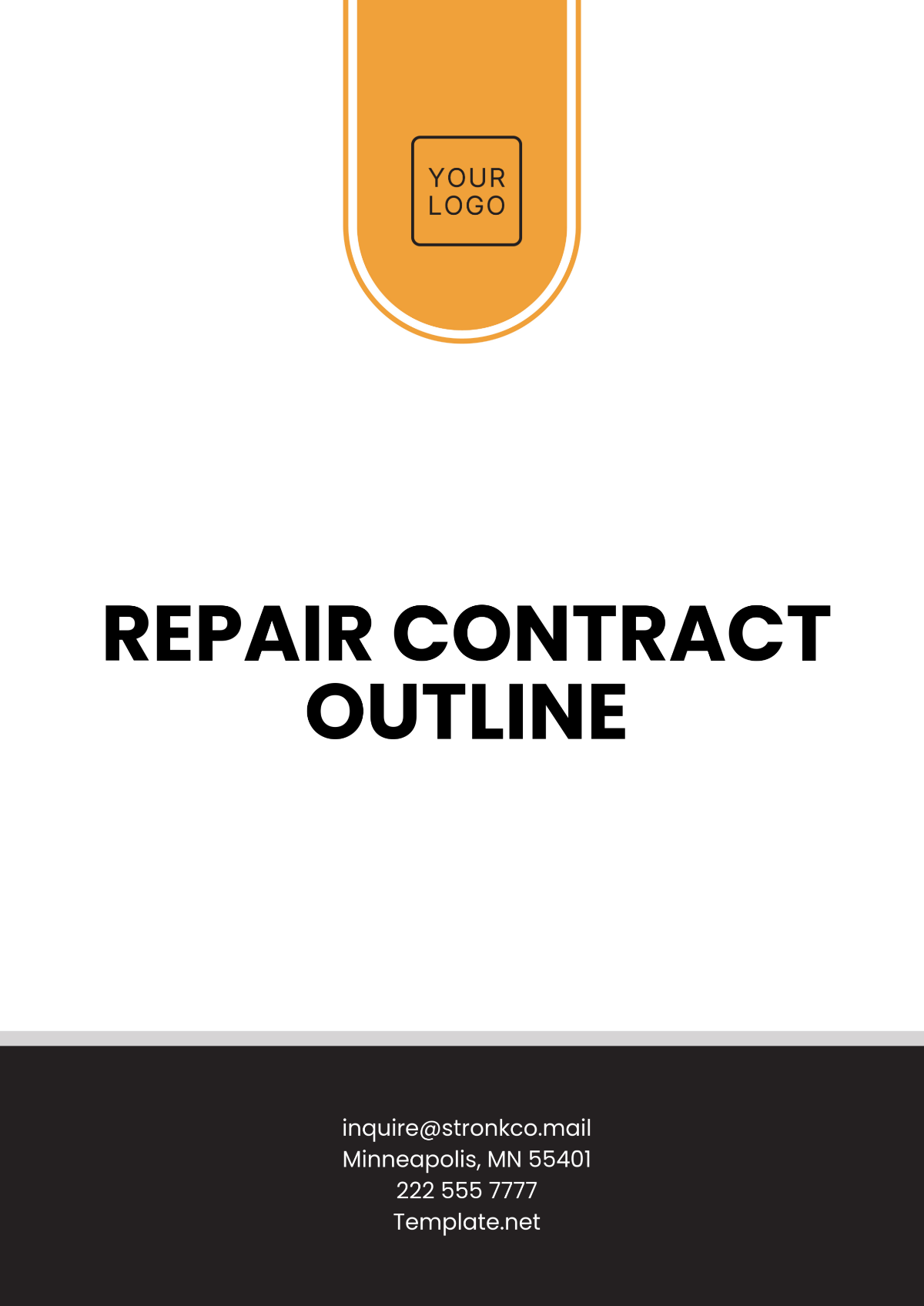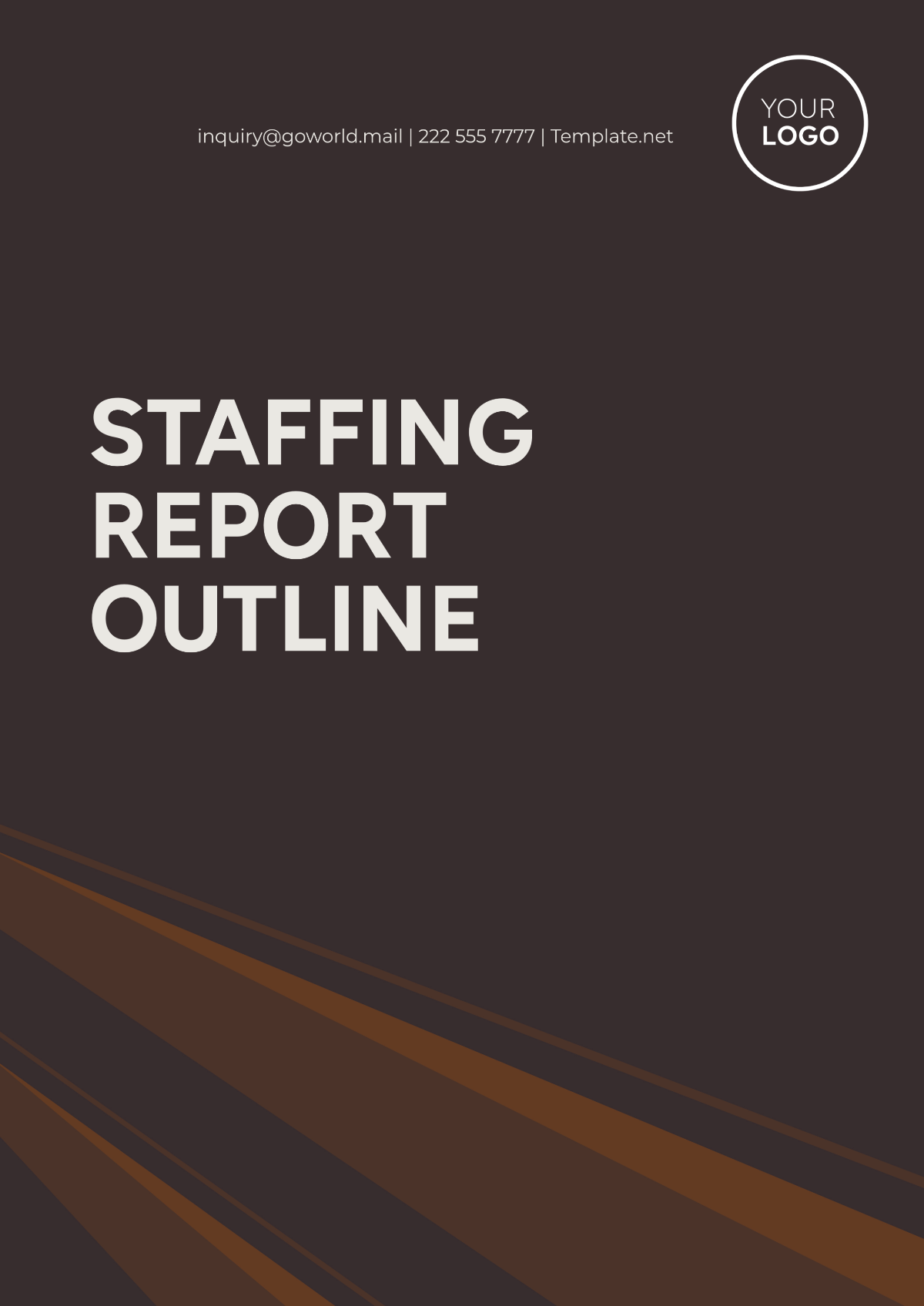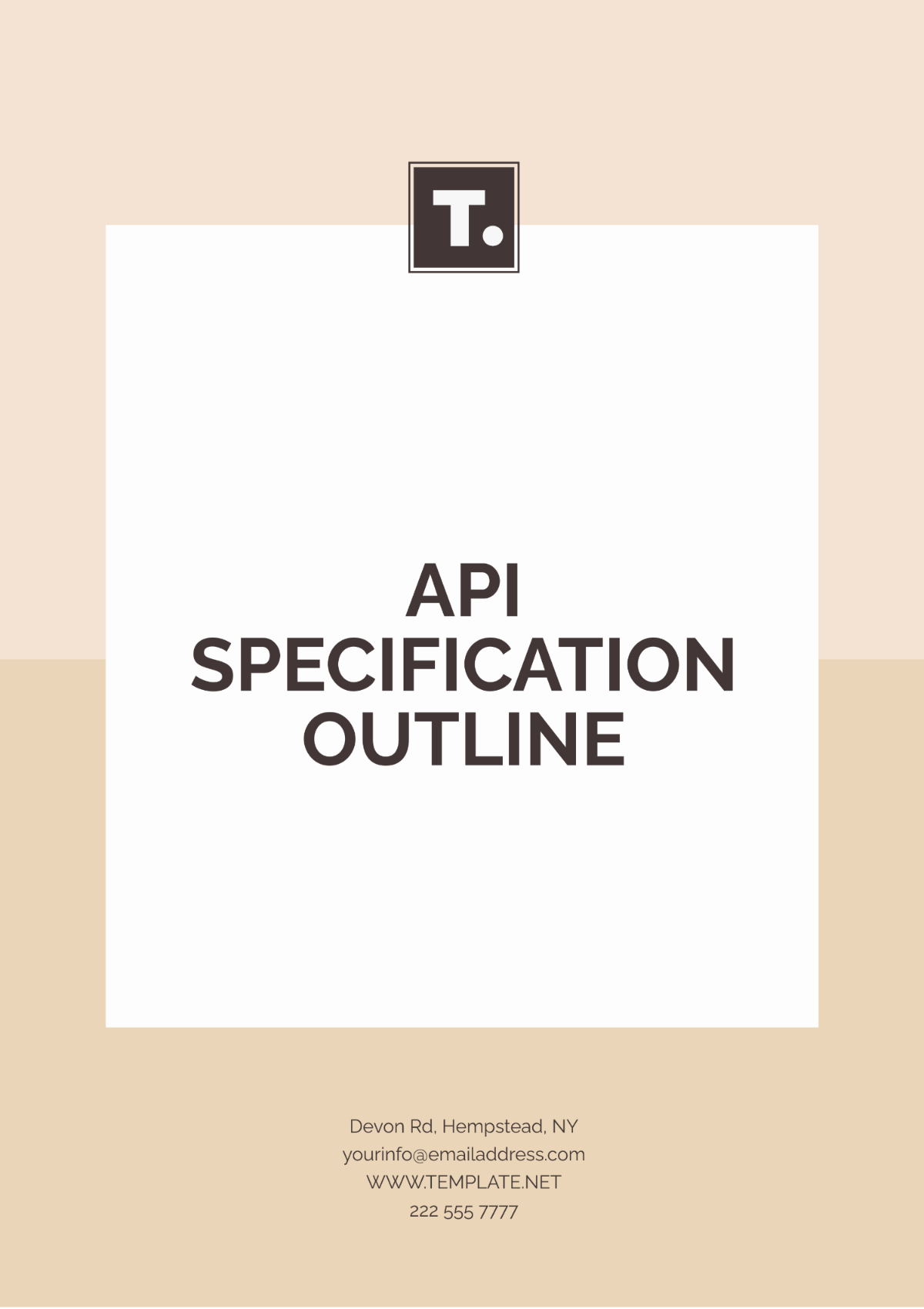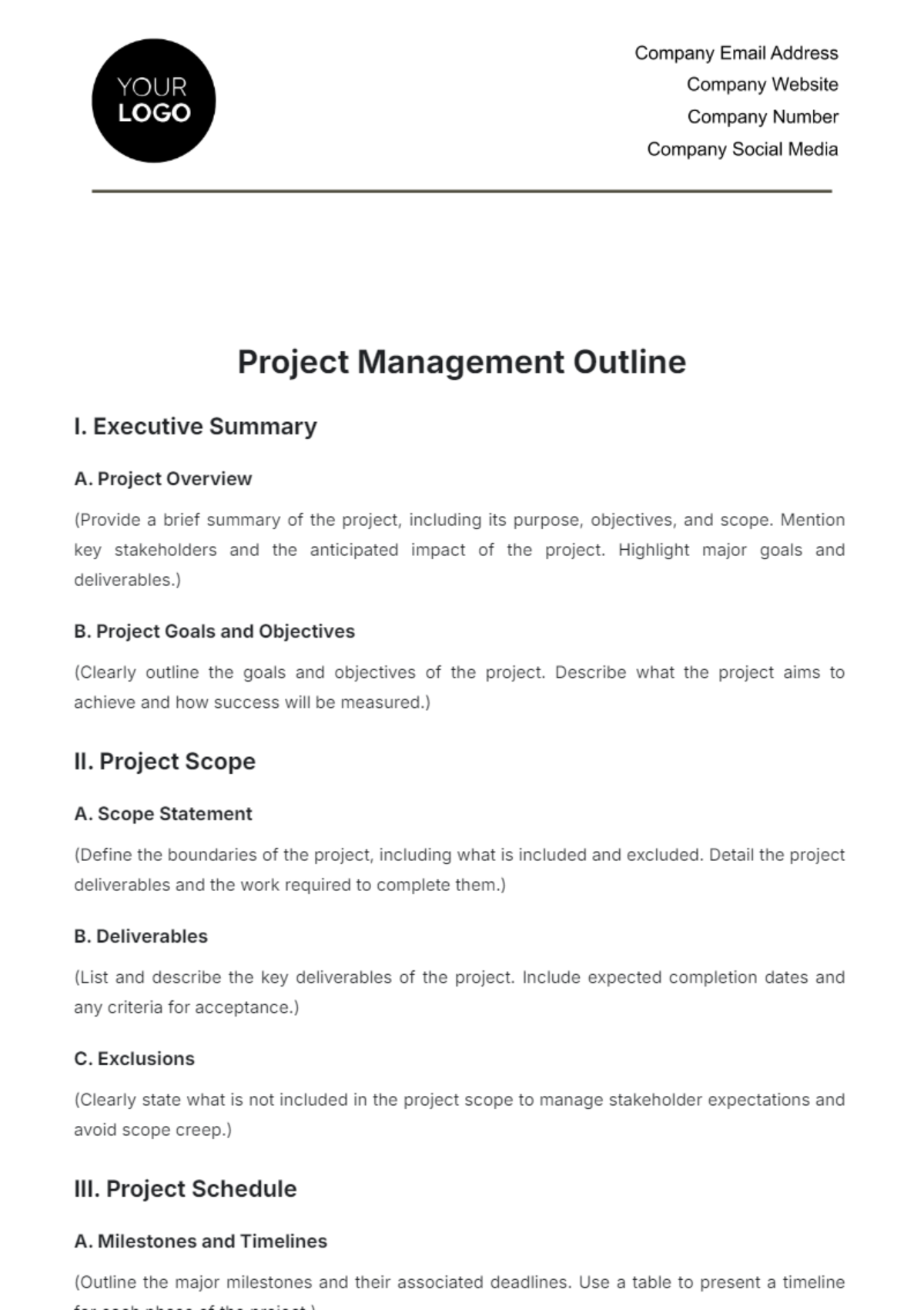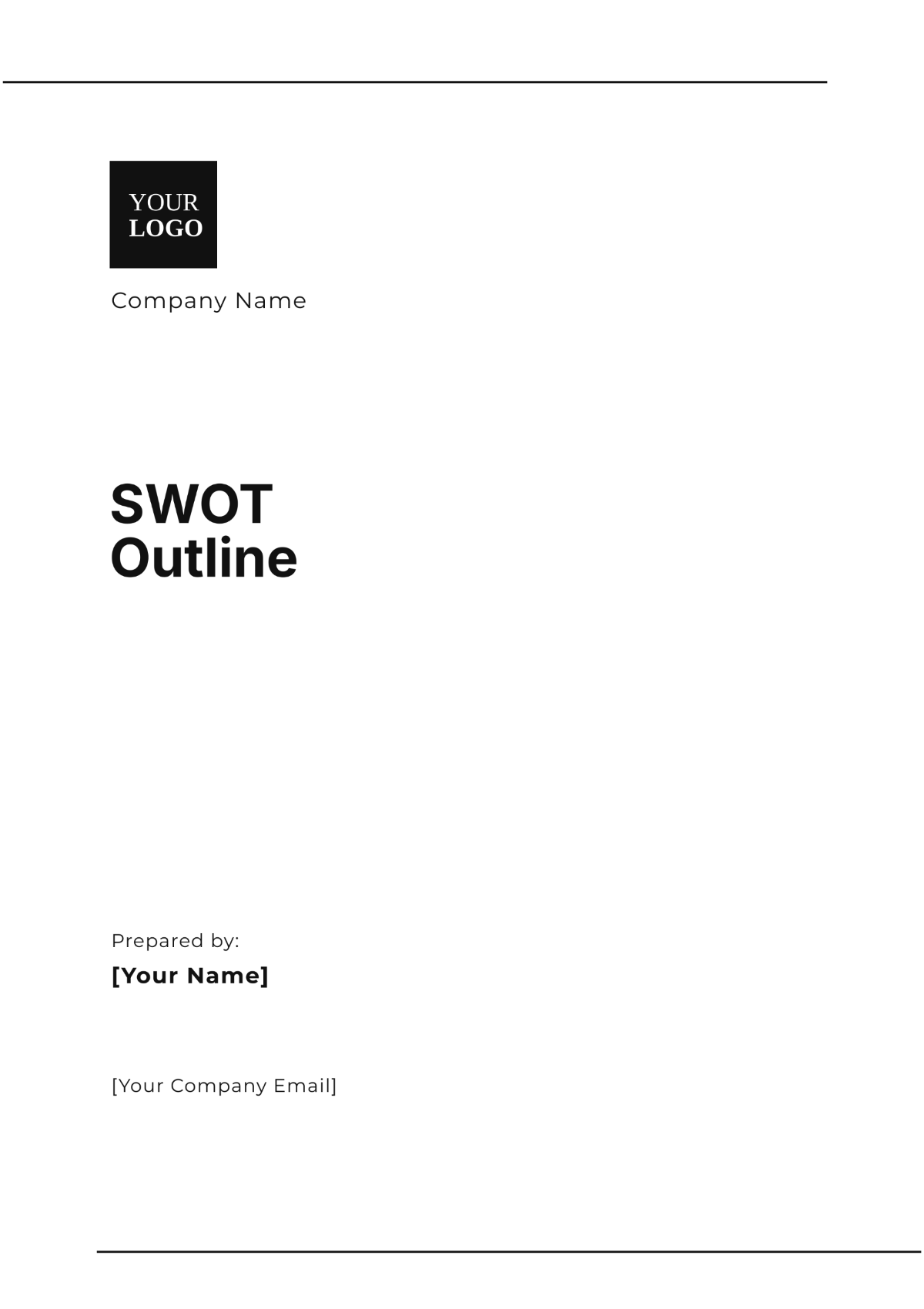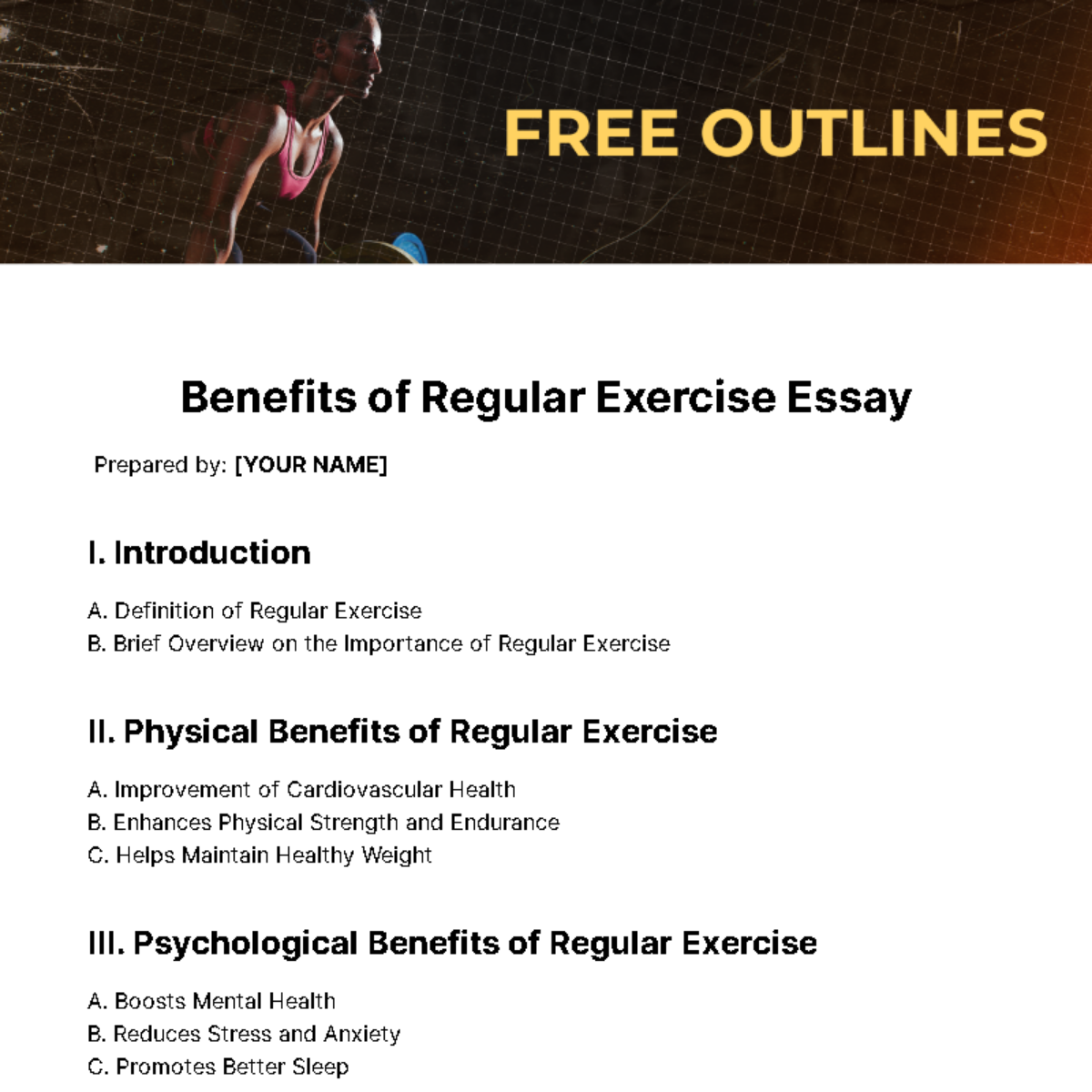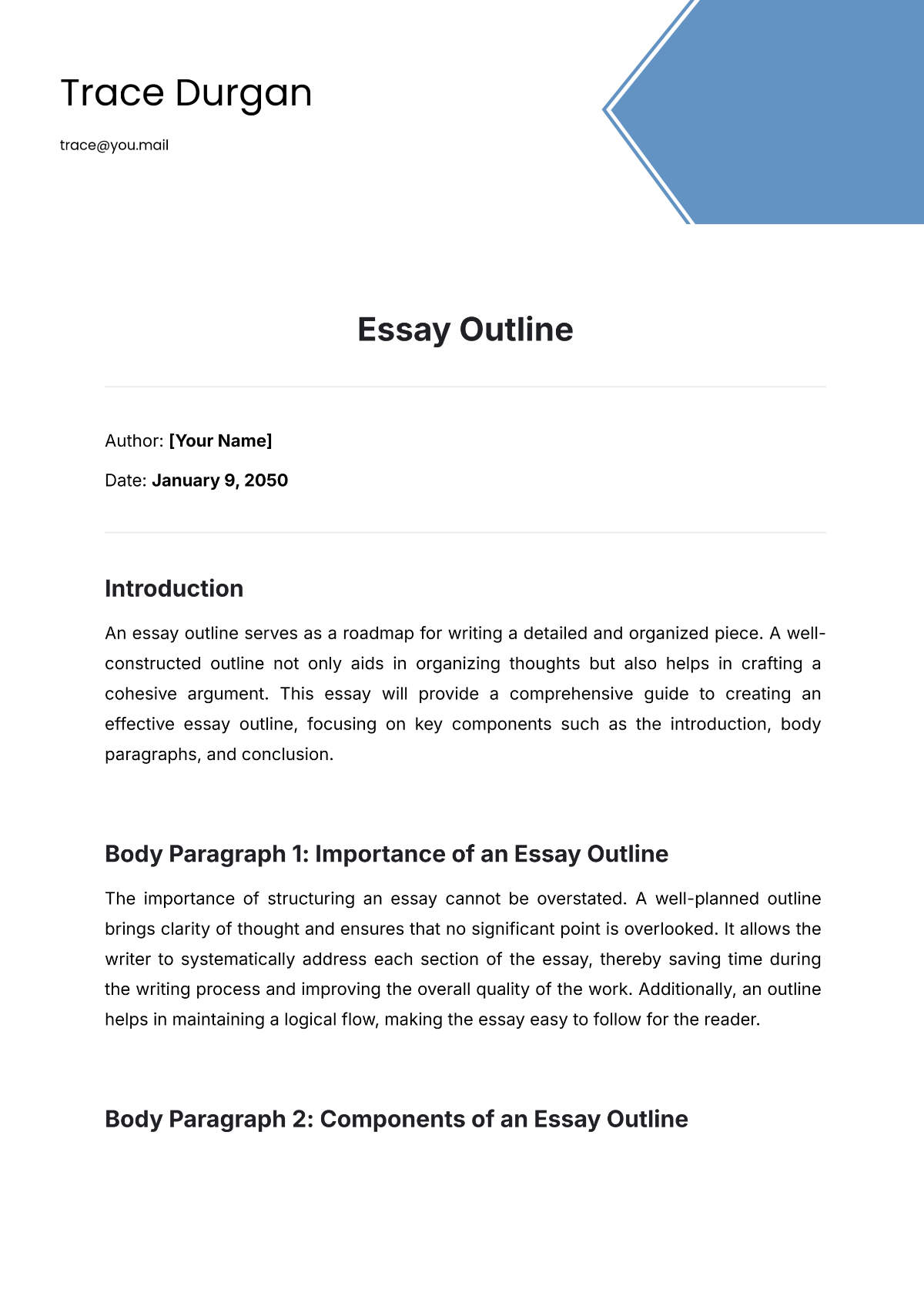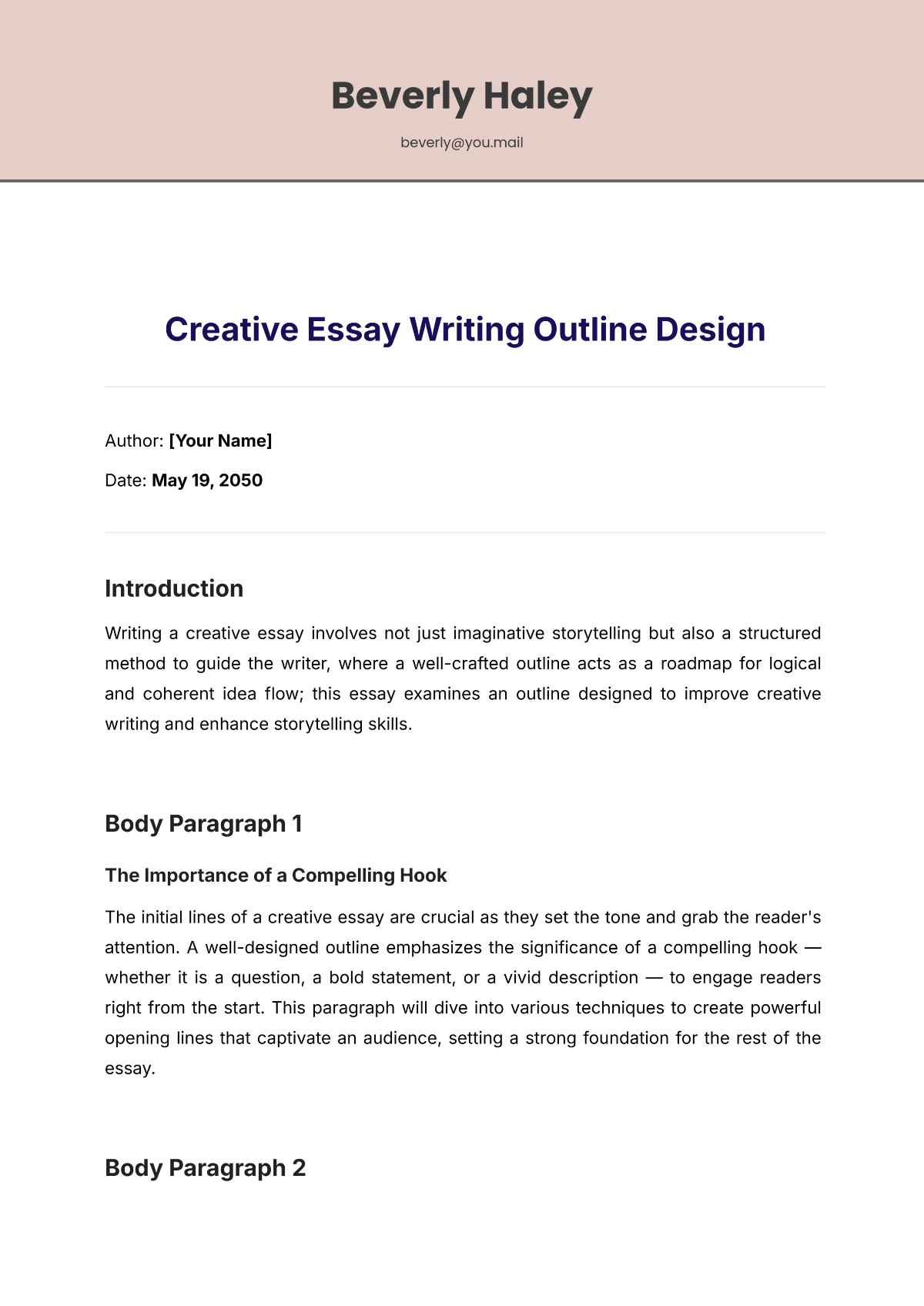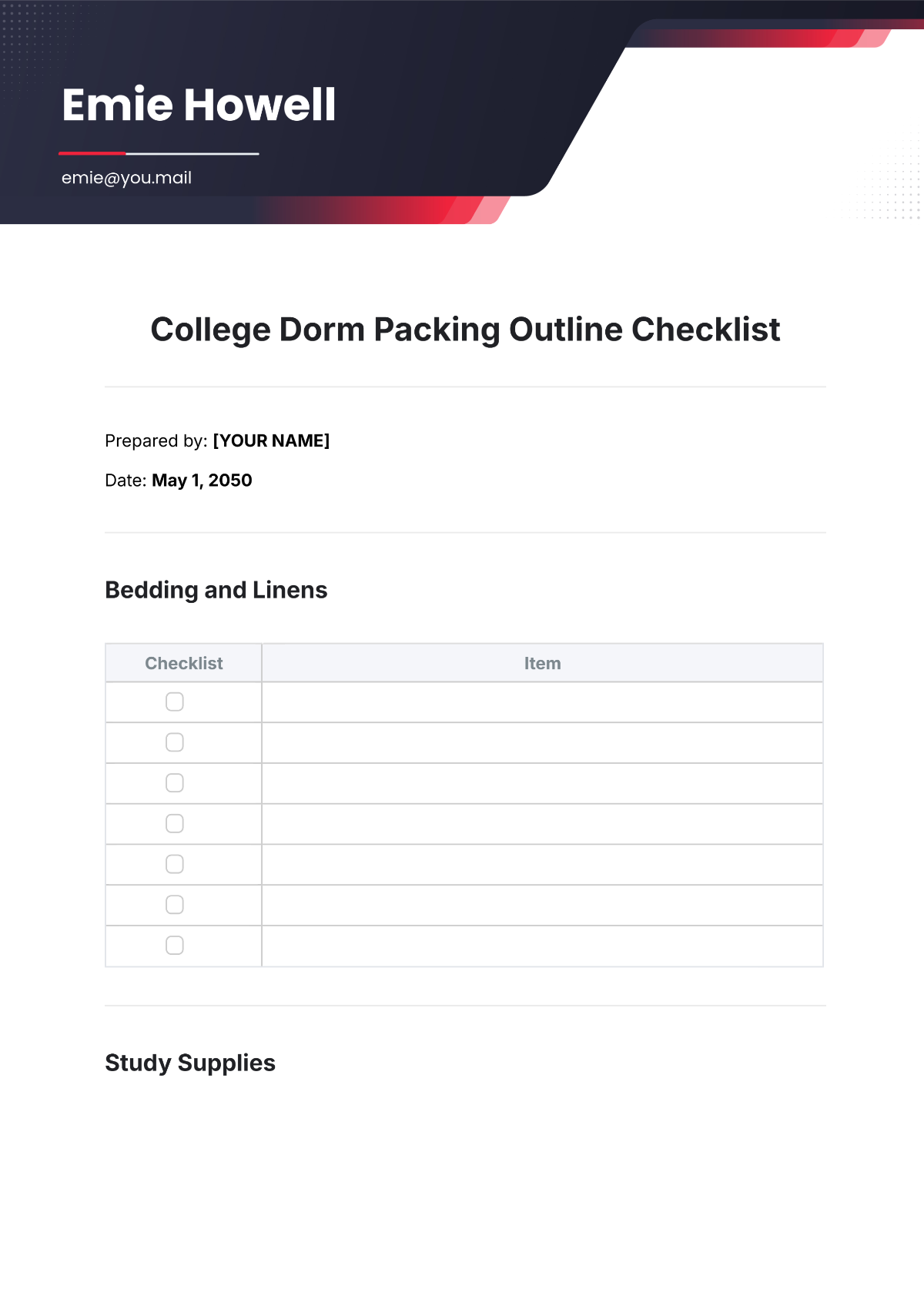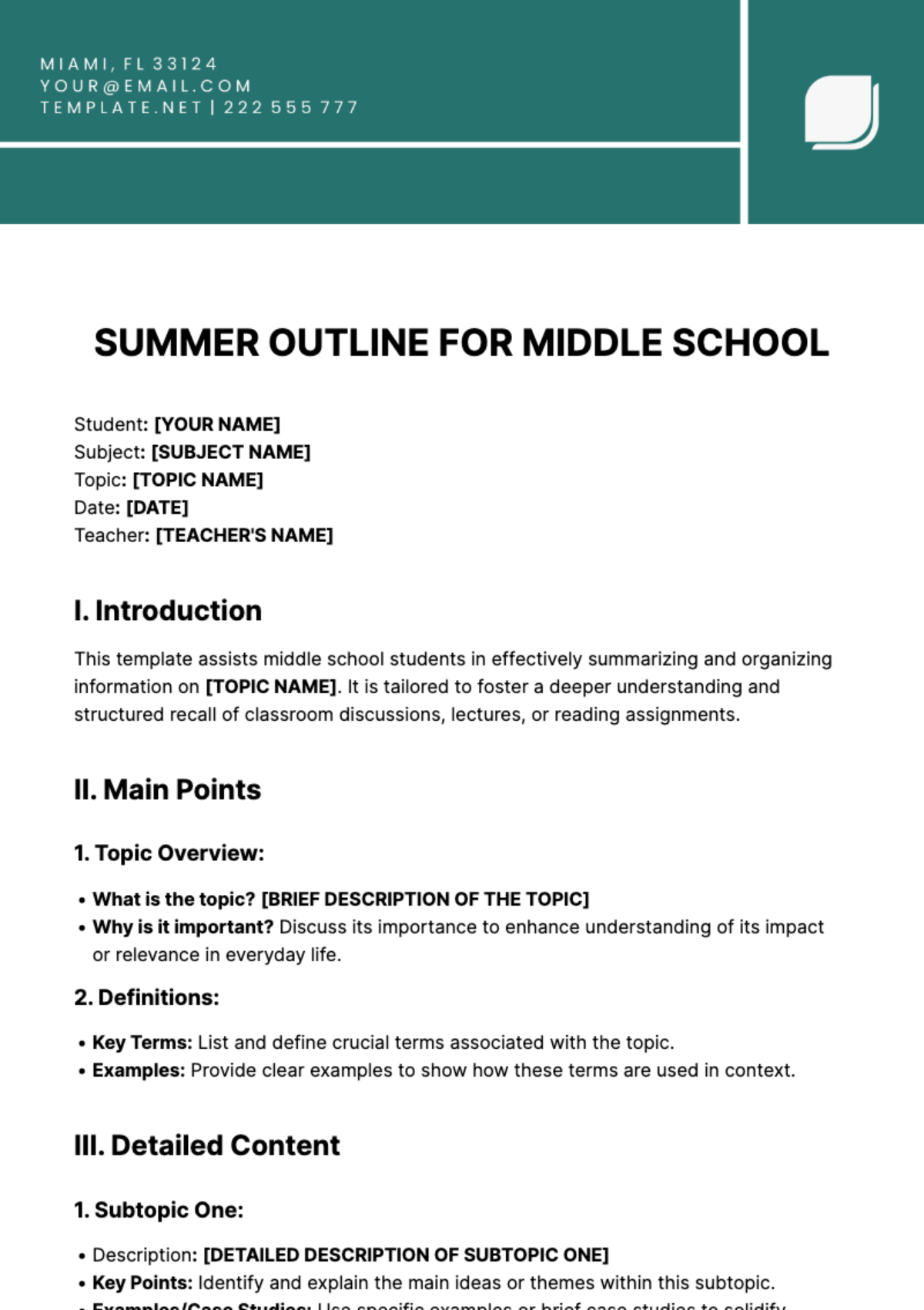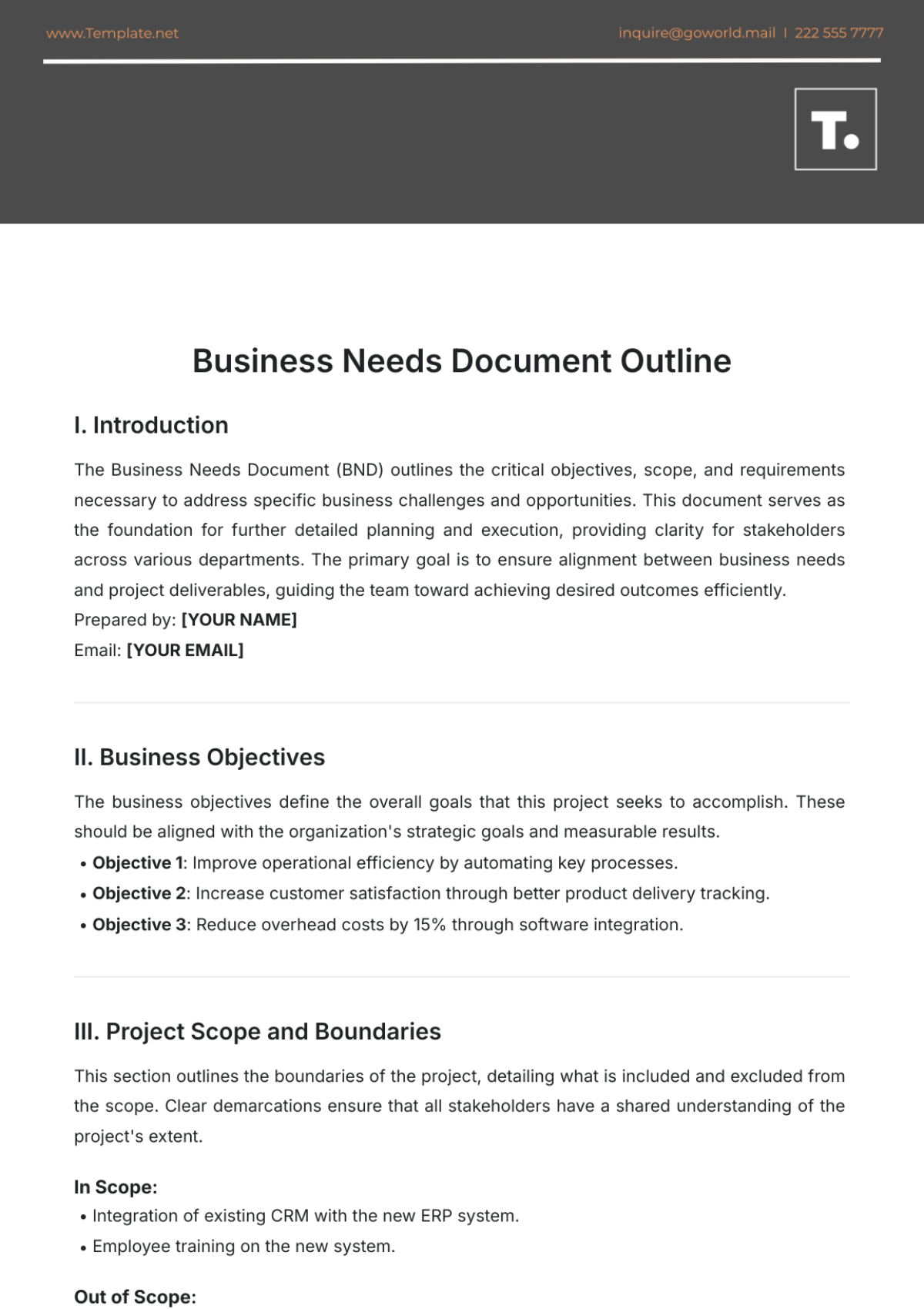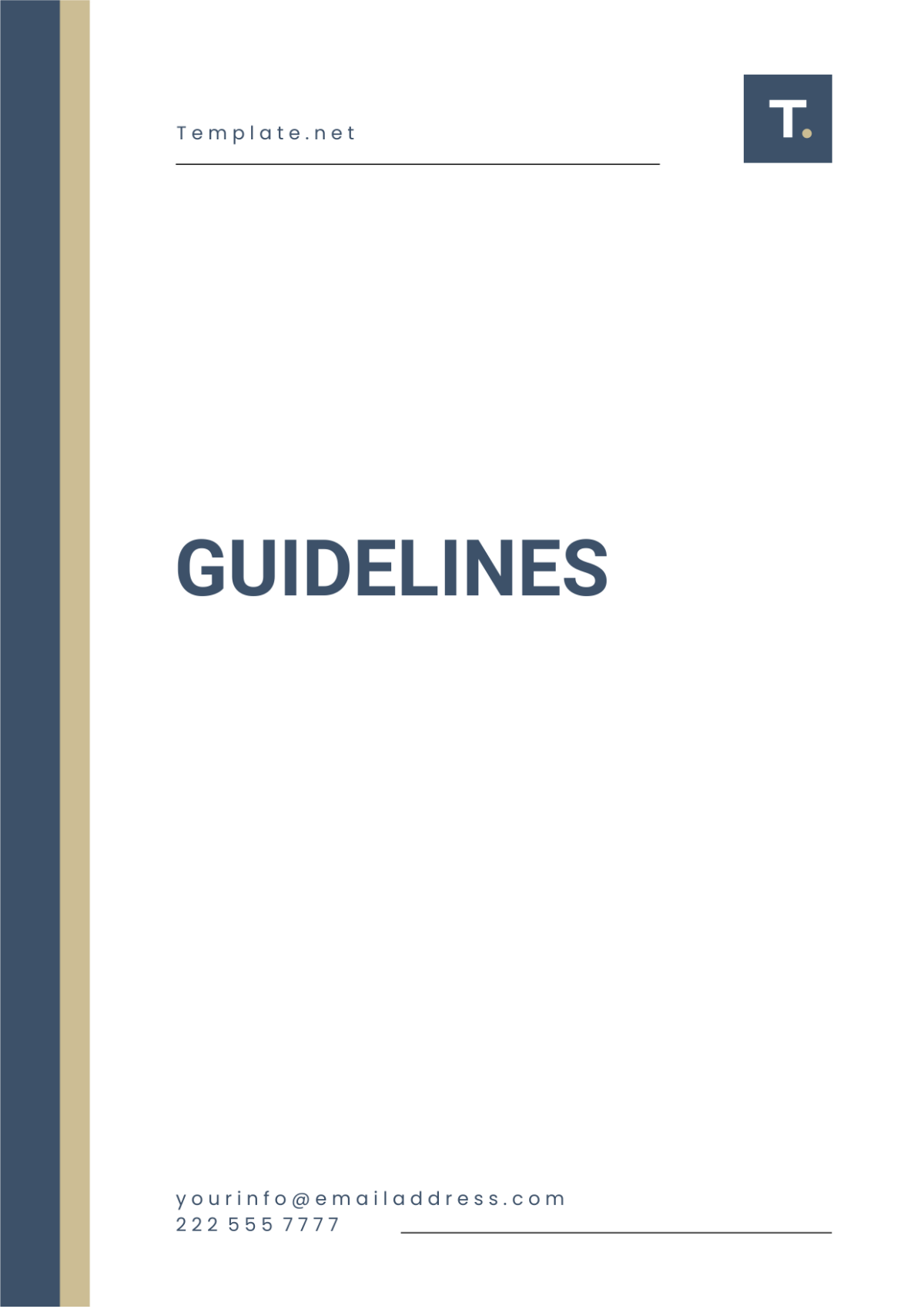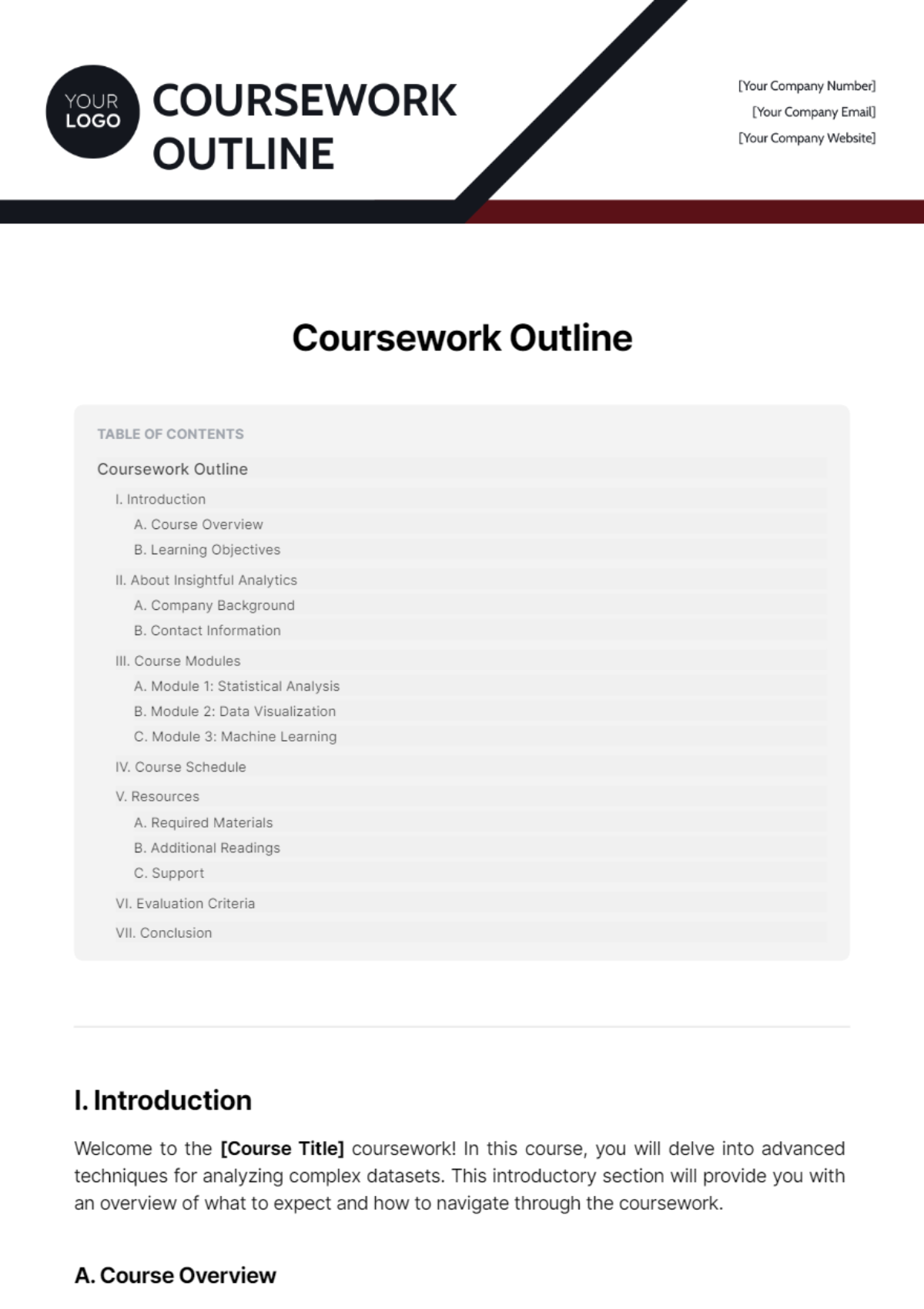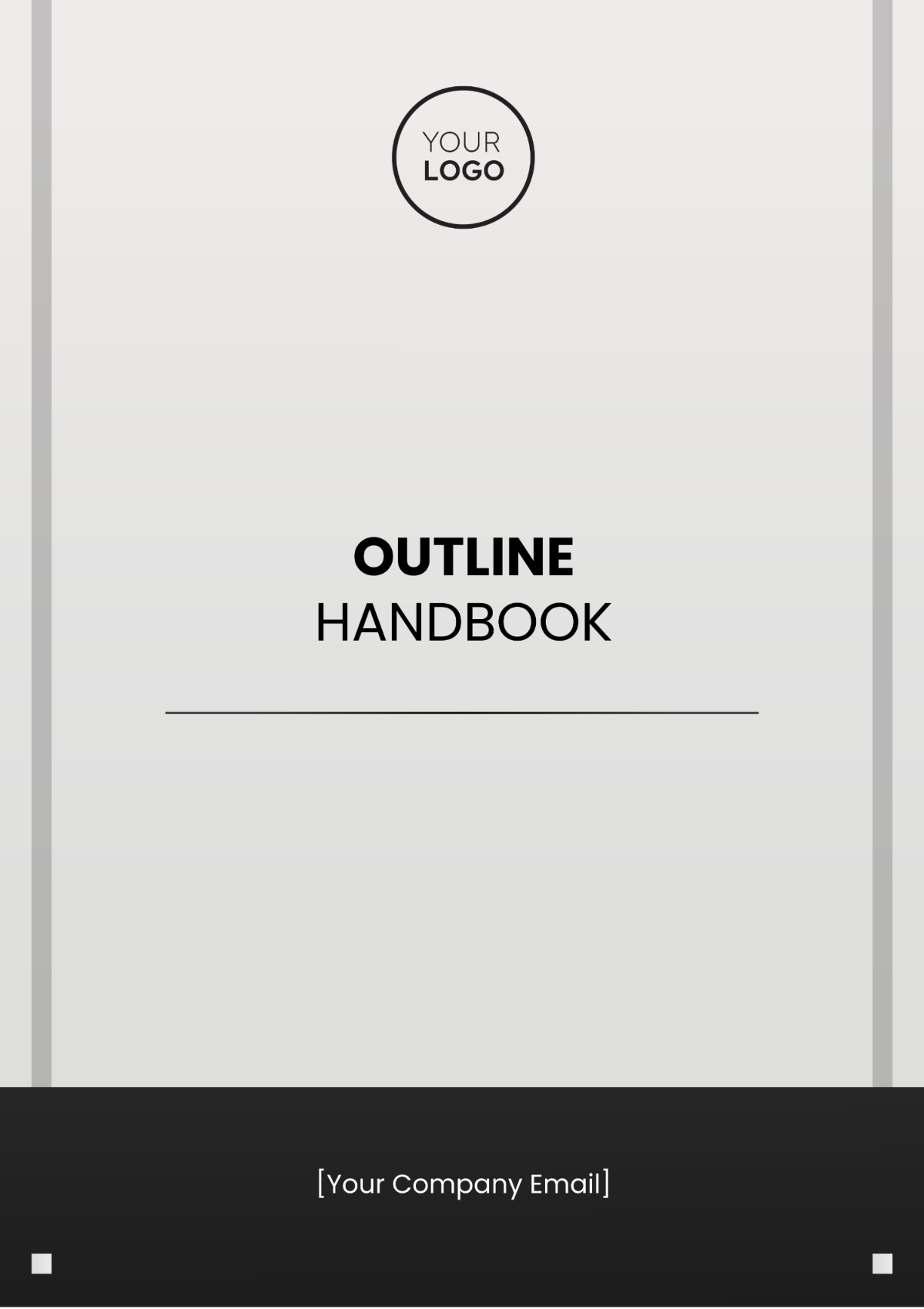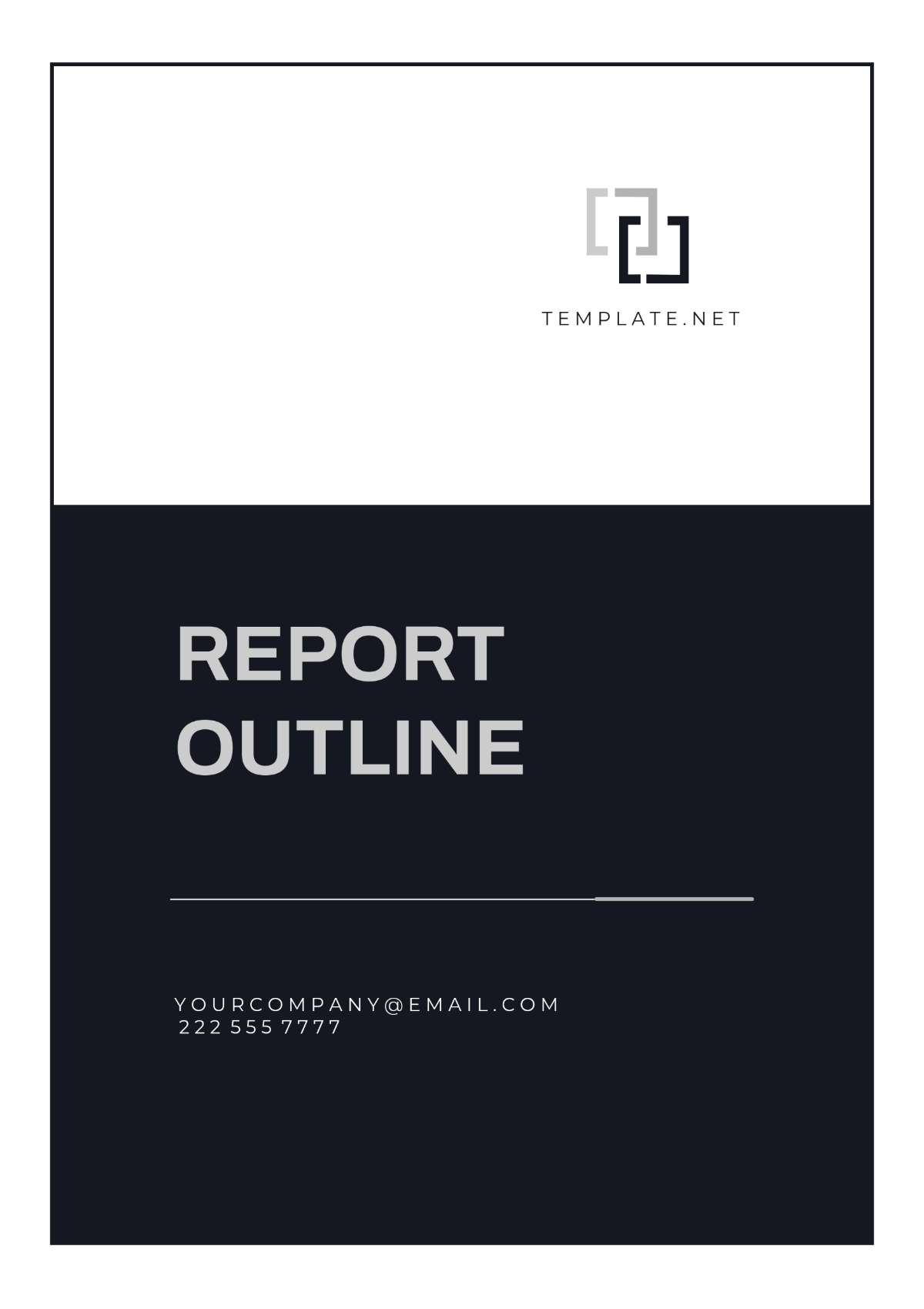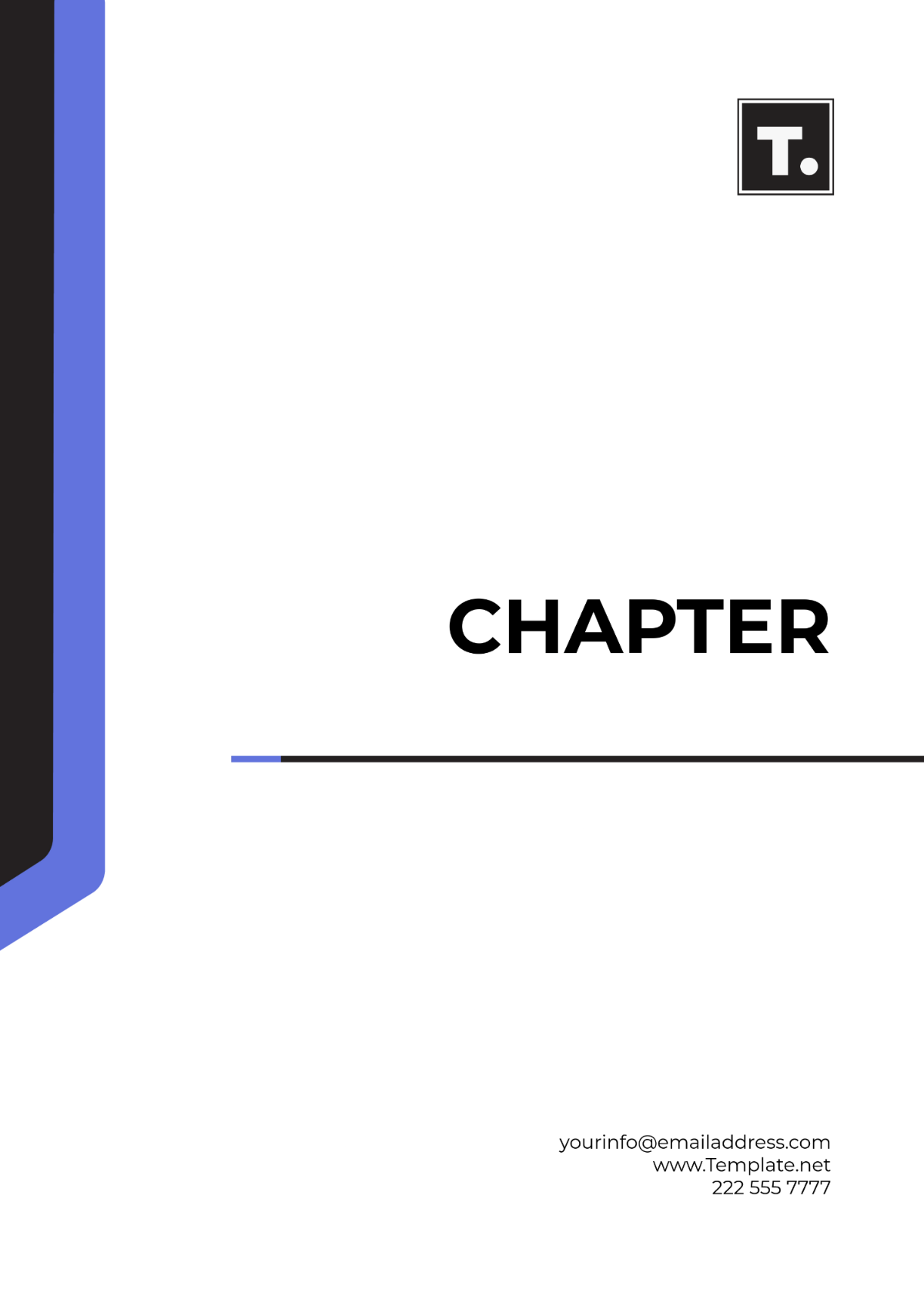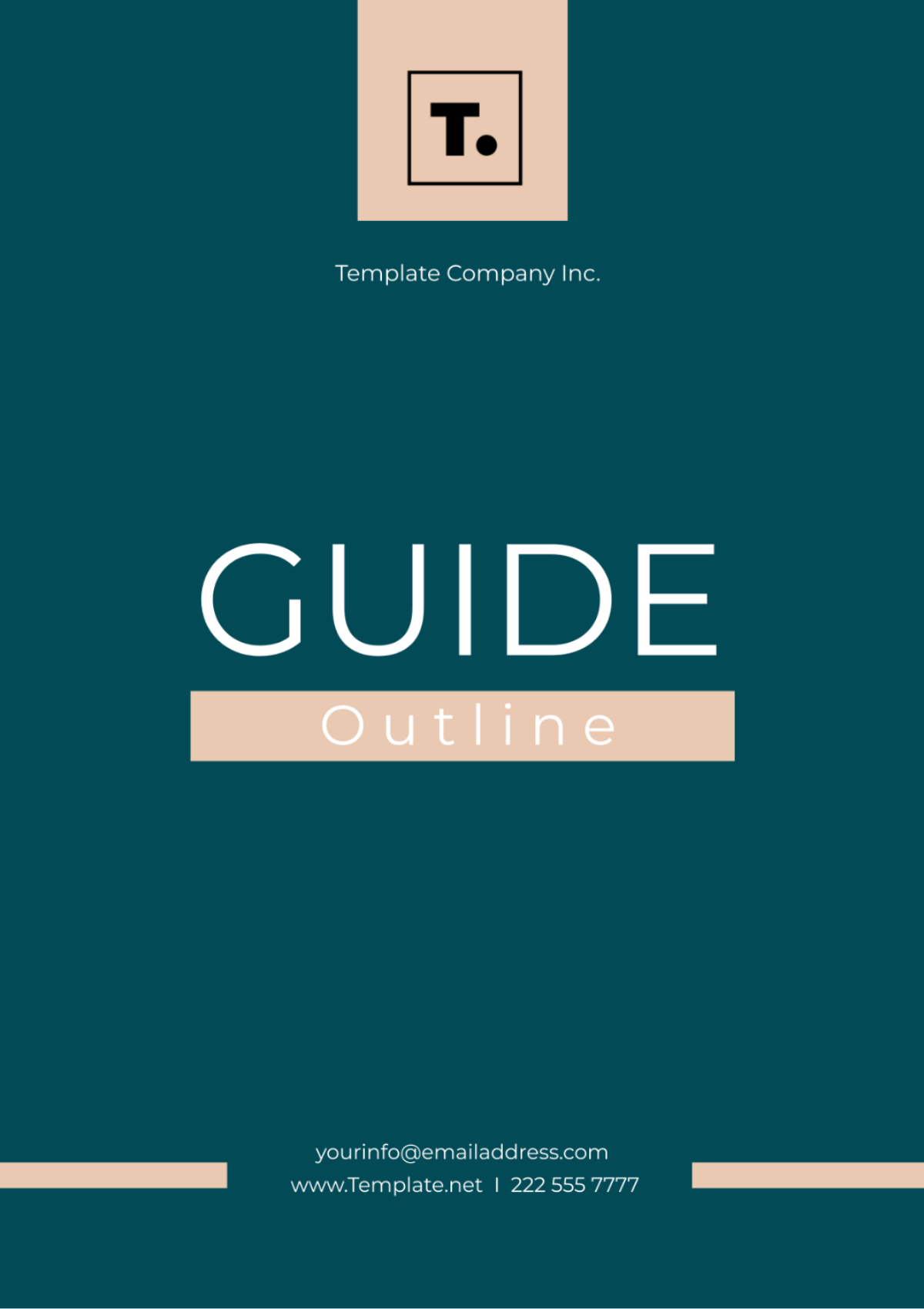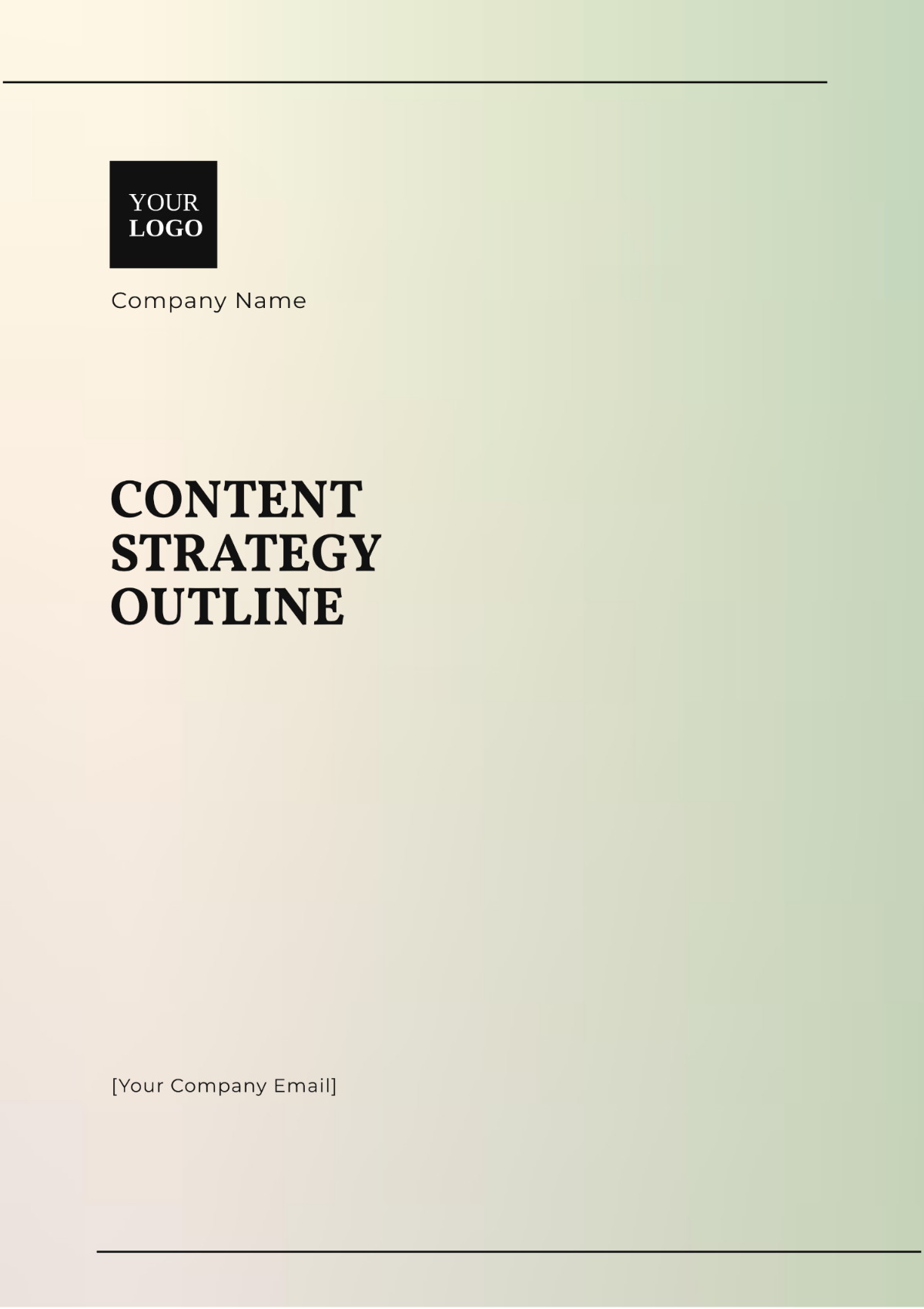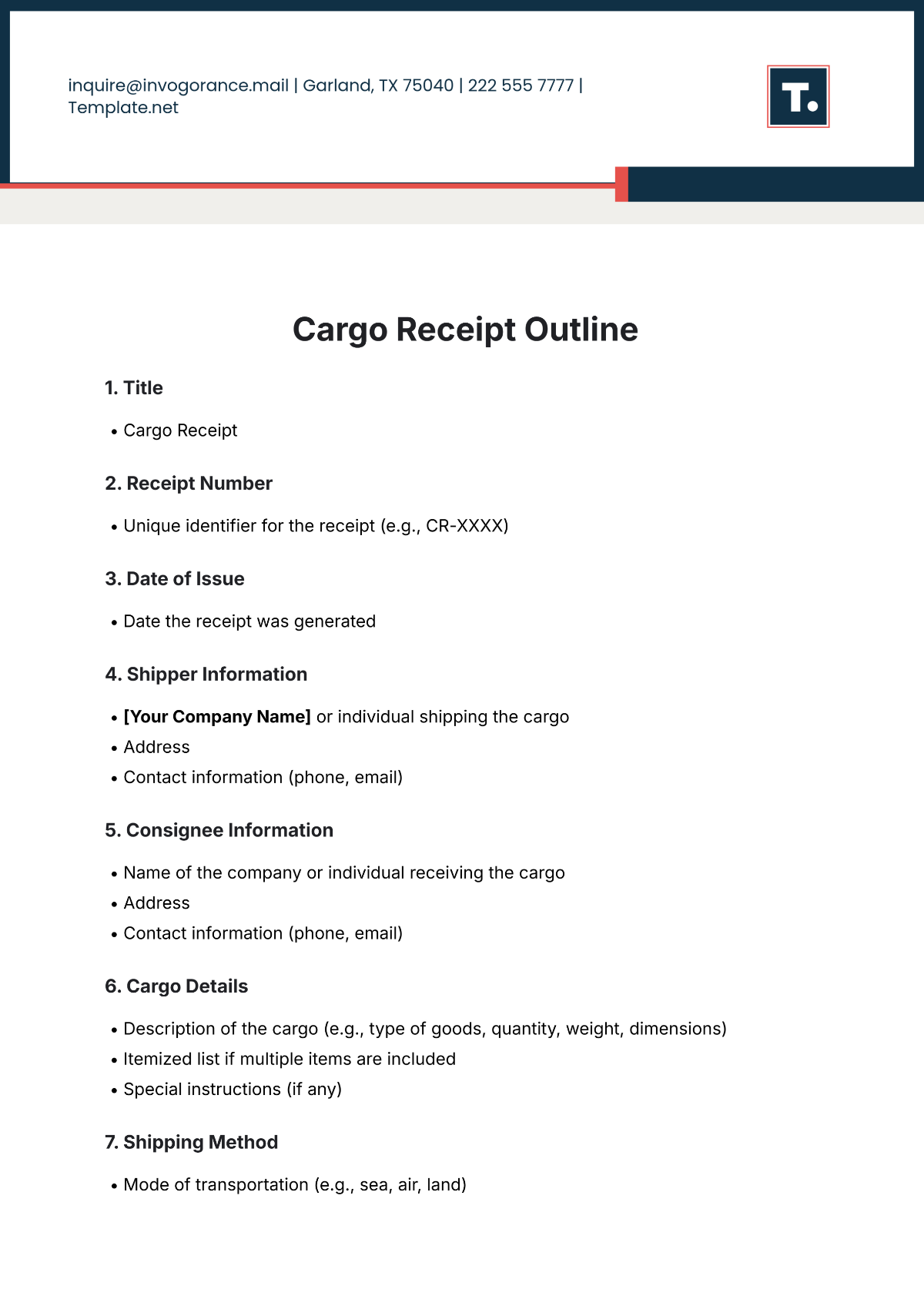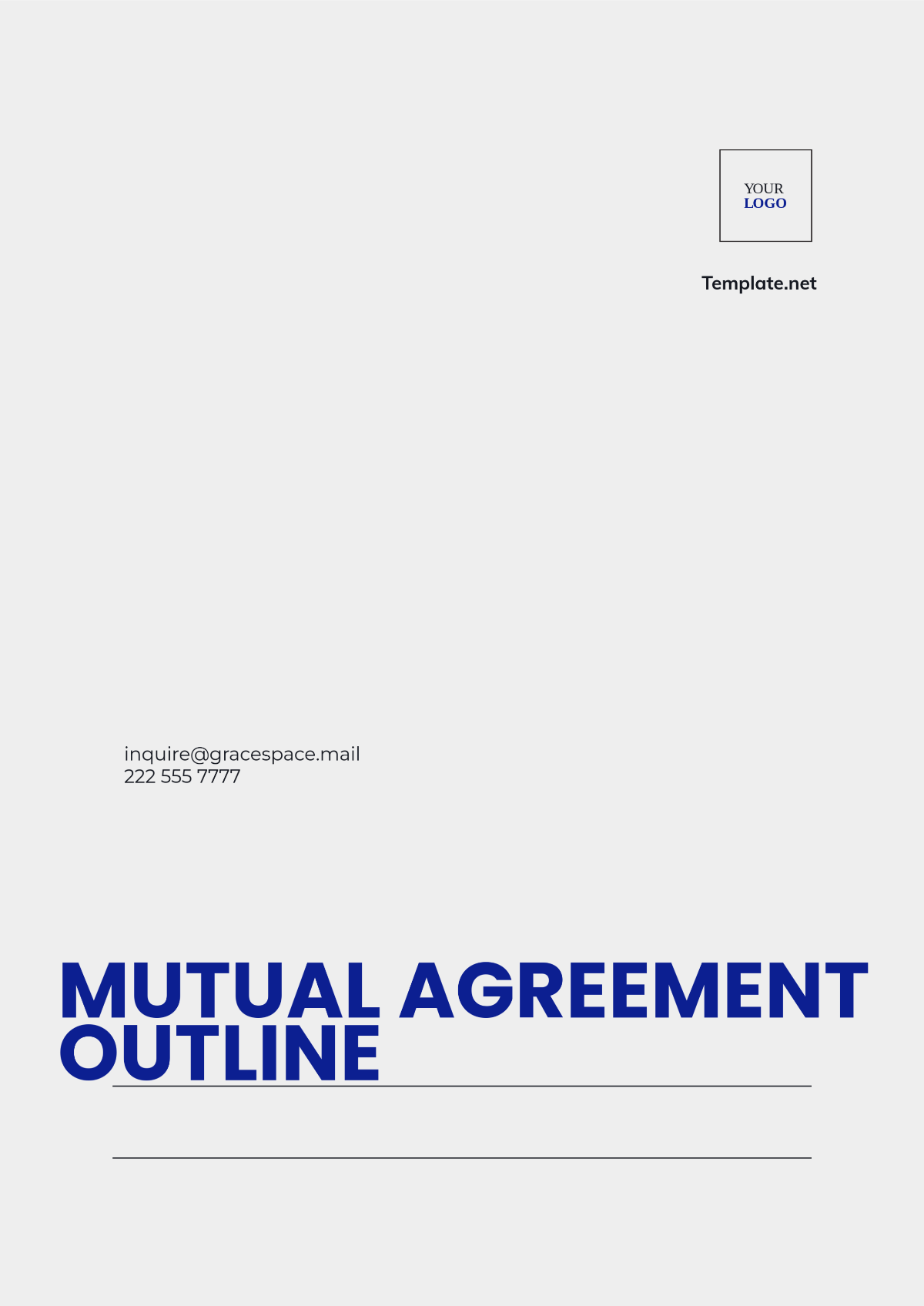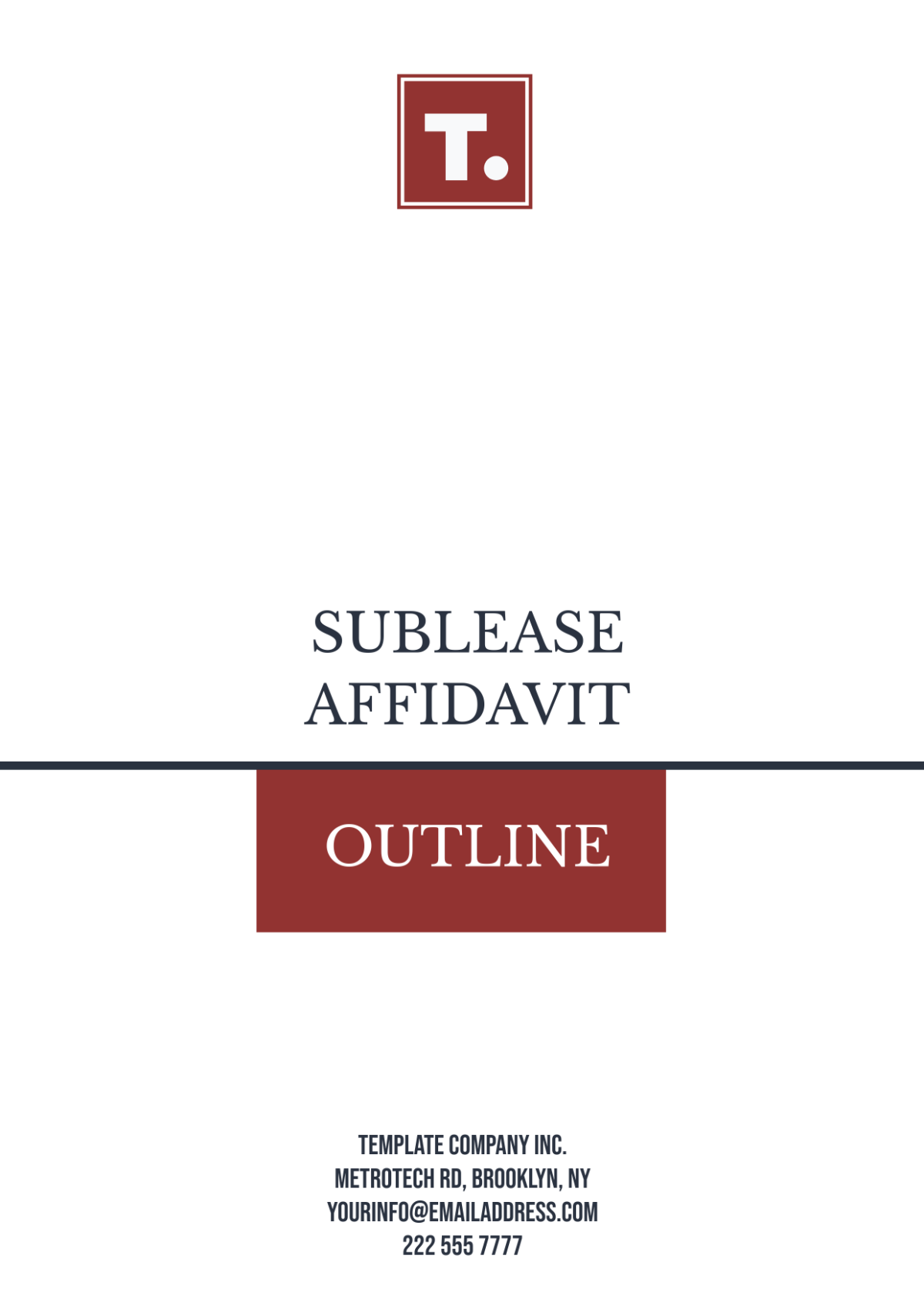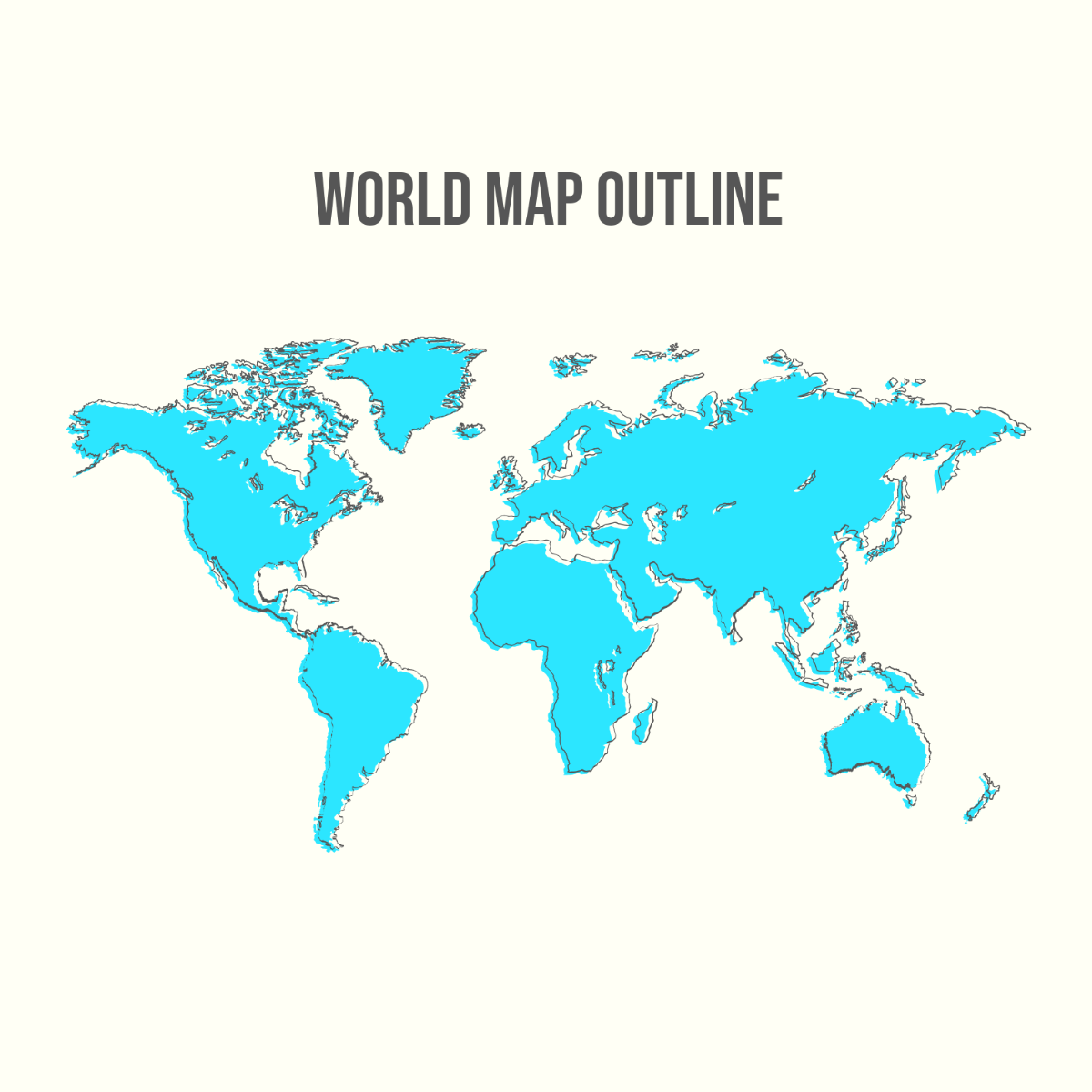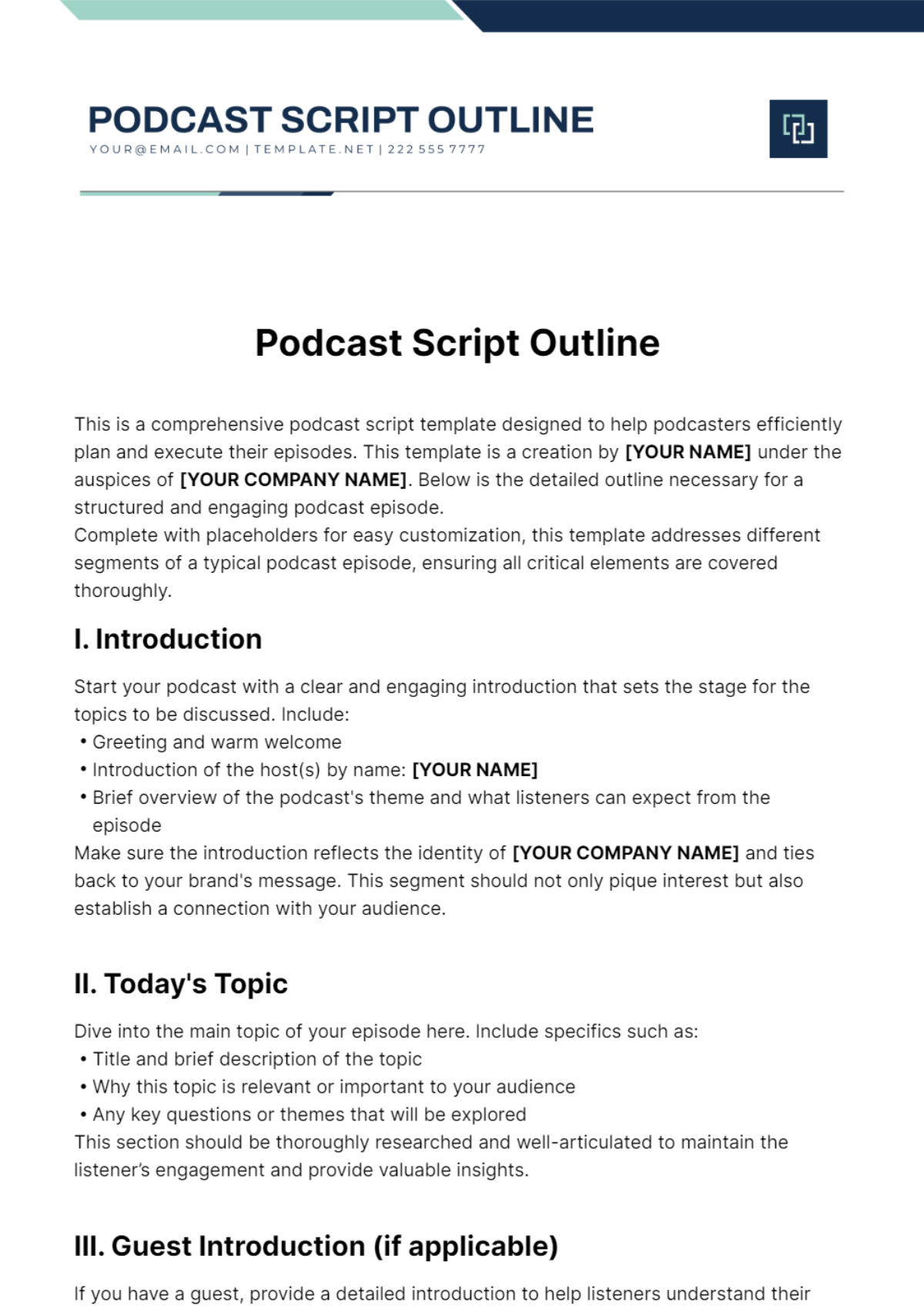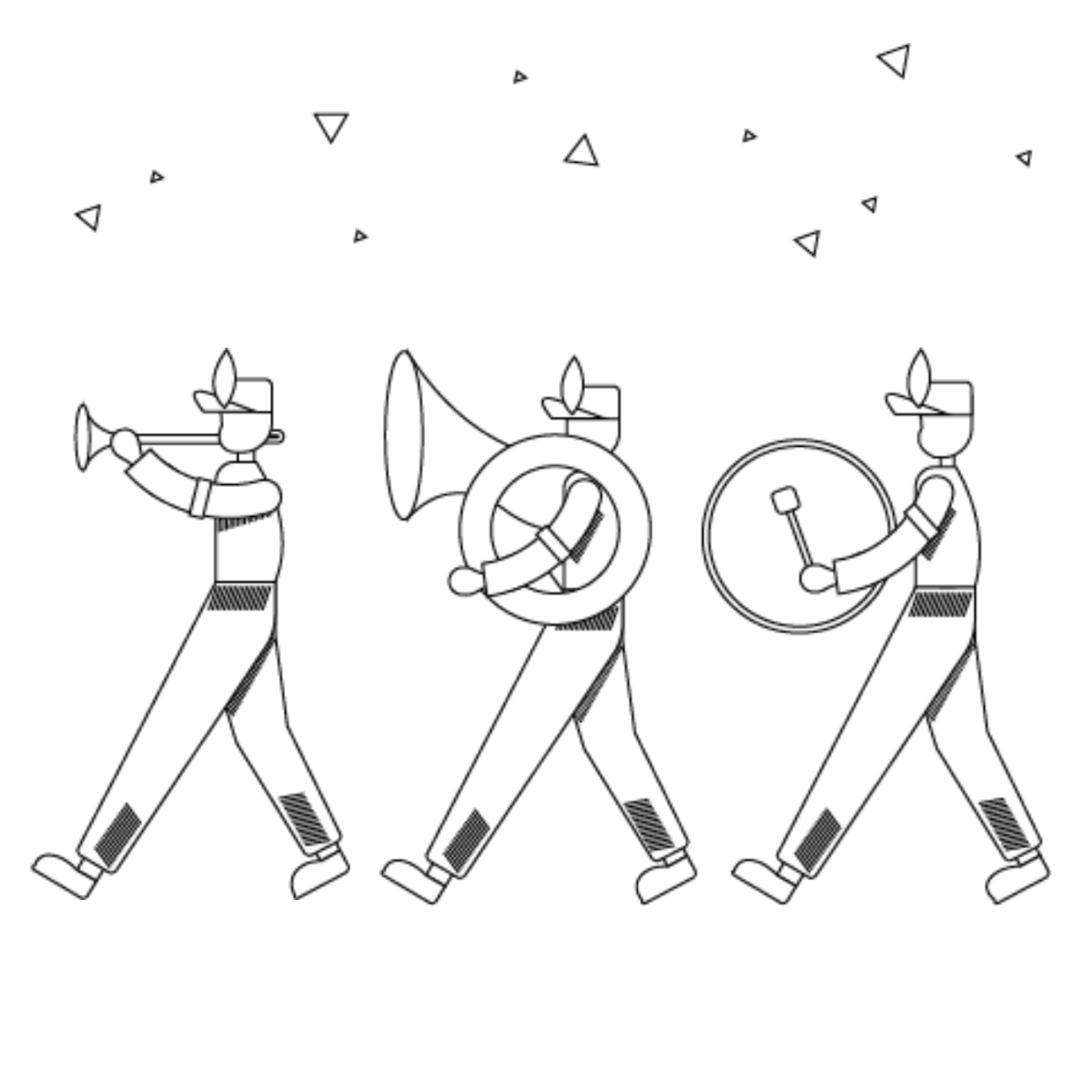Business Needs Document Outline
I. Introduction
The Business Needs Document (BND) outlines the critical objectives, scope, and requirements necessary to address specific business challenges and opportunities. This document serves as the foundation for further detailed planning and execution, providing clarity for stakeholders across various departments. The primary goal is to ensure alignment between business needs and project deliverables, guiding the team toward achieving desired outcomes efficiently.
Prepared by: [YOUR NAME]
Email: [YOUR EMAIL]
II. Business Objectives
The business objectives define the overall goals that this project seeks to accomplish. These should be aligned with the organization's strategic goals and measurable results.
Objective 1: Improve operational efficiency by automating key processes.
Objective 2: Increase customer satisfaction through better product delivery tracking.
Objective 3: Reduce overhead costs by 15% through software integration.
III. Project Scope and Boundaries
This section outlines the boundaries of the project, detailing what is included and excluded from the scope. Clear demarcations ensure that all stakeholders have a shared understanding of the project's extent.
In Scope:
Integration of existing CRM with the new ERP system.
Employee training on the new system.
Out of Scope:
Development of custom software features beyond the ERP integration.
Change management for non-technical employees.
IV. Key Stakeholders
Identifying the stakeholders who will be impacted by or involved in the project is crucial for ensuring effective communication and support. This section lists the primary individuals, teams, and external partners involved in the project.
Project Sponsor: Lawrence Orn, Chief Executive Officer, [YOUR COMPANY NAME]
Project Manager: Clint Renner, Senior Project Manager, [YOUR COMPANY NAME]
External Vendor: Elvie Block, IT Solutions Provider
IT Department: Lester Nolan, IT Lead, [YOUR COMPANY NAME]
V. Business Needs
This section outlines the specific business needs driving the project. These needs address the gaps, inefficiencies, or opportunities that the project aims to resolve.
Need 1: Current systems lack integration, leading to manual data entry and increased errors.
Need 2: Outdated technology causes delays in customer service response times.
Need 3: High operational costs due to inefficiency in supply chain management.
VI. Assumptions and Constraints
The assumptions and constraints section highlights any factors that are assumed to be true during the course of the project and any limitations or restrictions that may impact the project.
Assumptions:
Assumption 1: All team members will be available for the full project duration.
Assumption 2: The existing IT infrastructure is sufficient for the new software.
Constraints:
Constraint 1: The project must be completed by March 30, 2051.
Constraint 2: The budget for the project cannot exceed $500,000.
VII. Timeline and Milestones
A high-level timeline provides the schedule for key project milestones. These milestones are the critical checkpoints that help track progress.
Milestone | Description | Date |
|---|---|---|
Project Kickoff | Initial project meeting with stakeholders | January 10, 2050 |
System Design Approval | Final design approval for system integration | February 15, 2050 |
Training Completion | Employee training on new system | June 20, 2050 |
Project Go-Live | Official launch of the new system | September 10, 2050 |
VIII. Conclusion
In conclusion, the Business Needs Document provides a clear and structured approach to addressing the business challenges outlined at the start of this project. With defined objectives, scope, and timelines, this document will serve as the guiding tool for ensuring project success and alignment with organizational goals.
